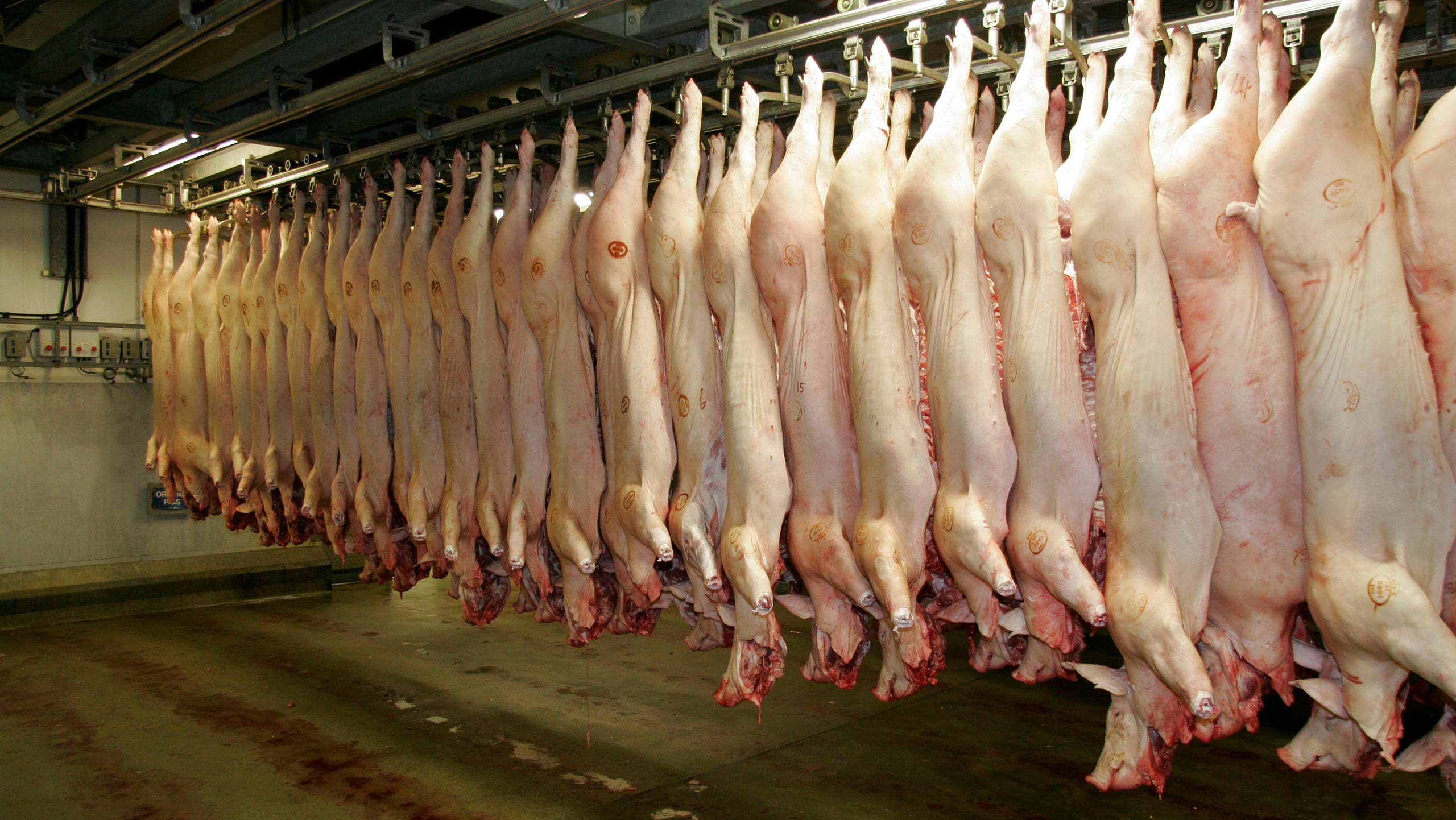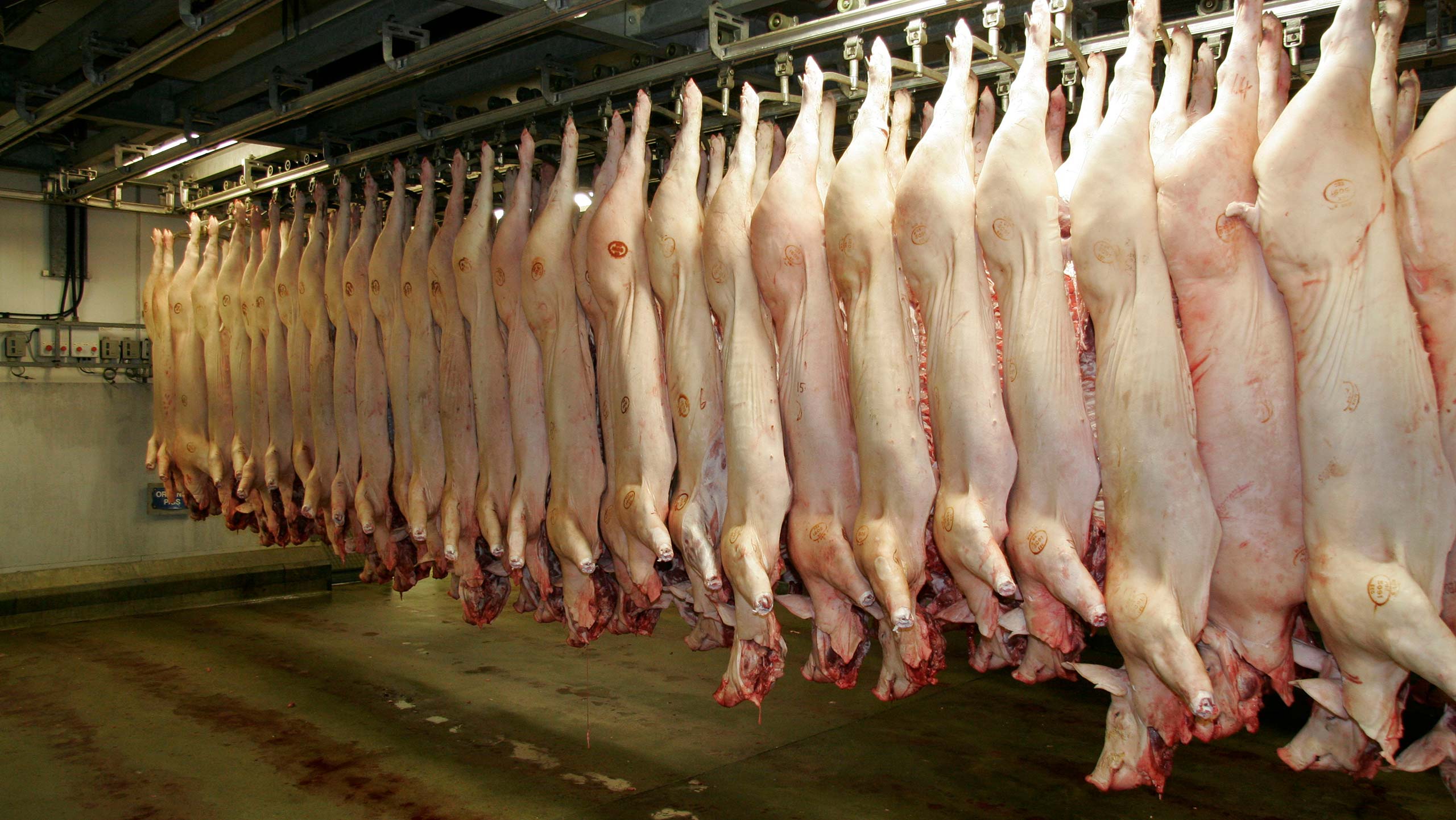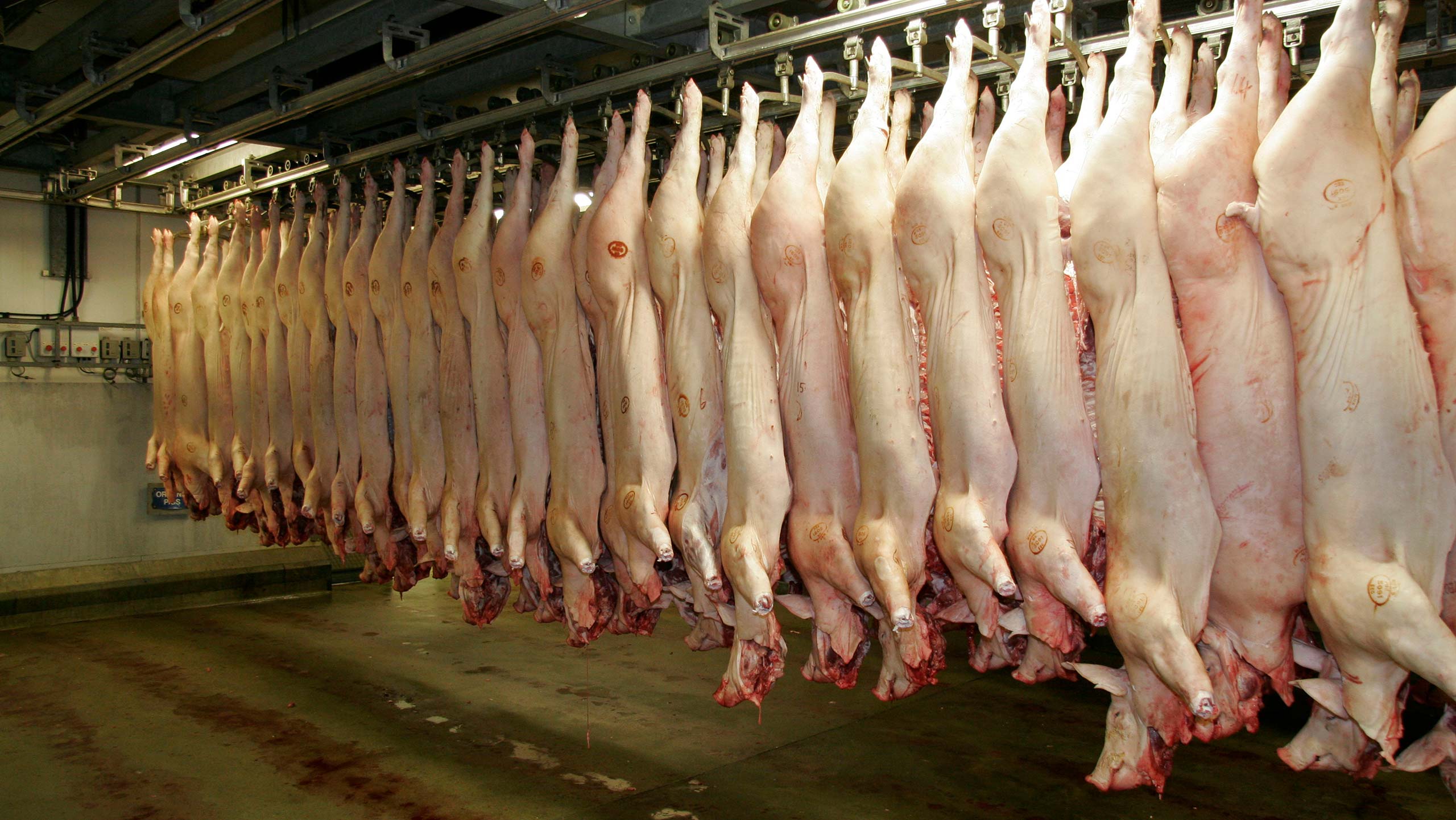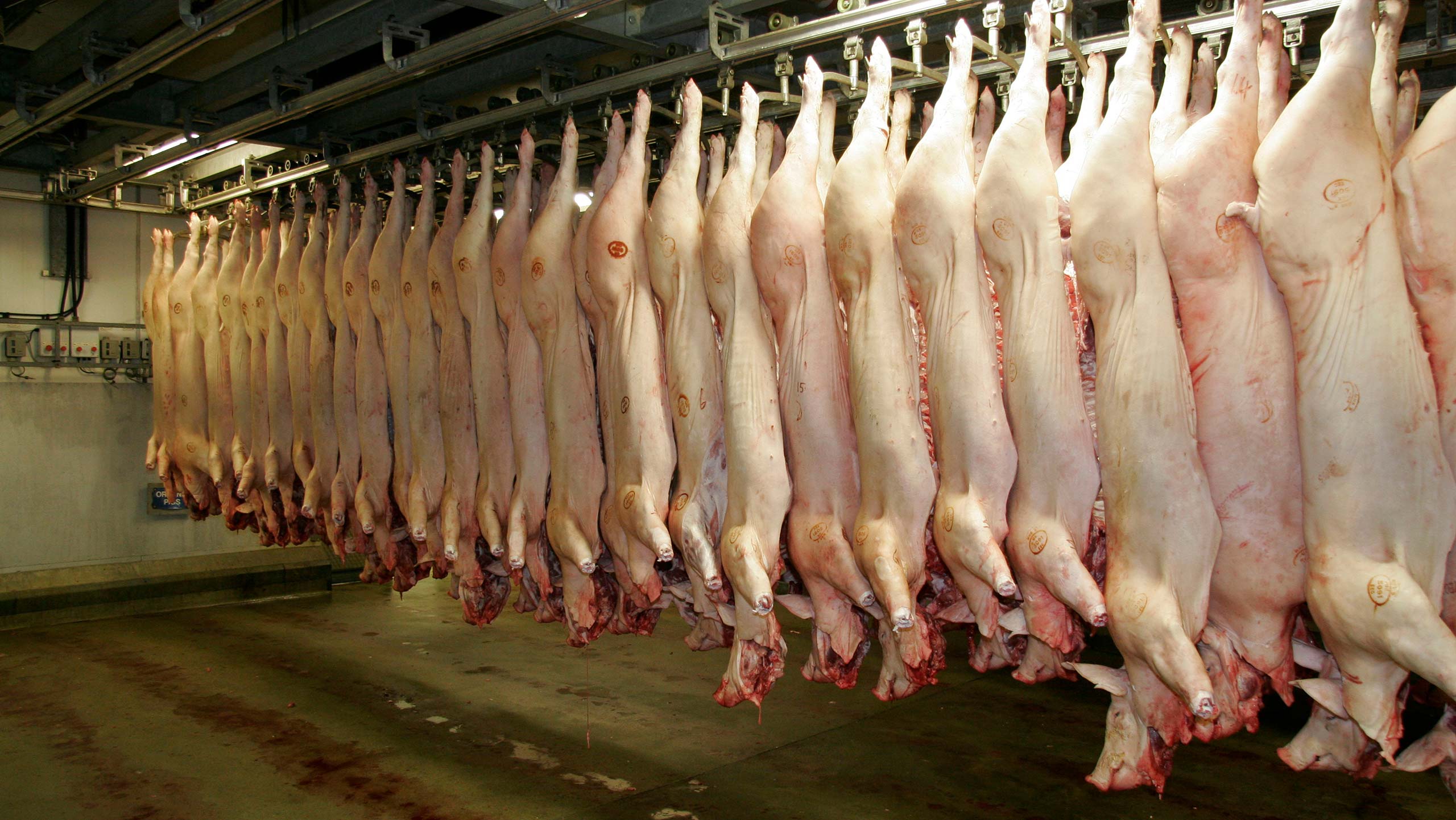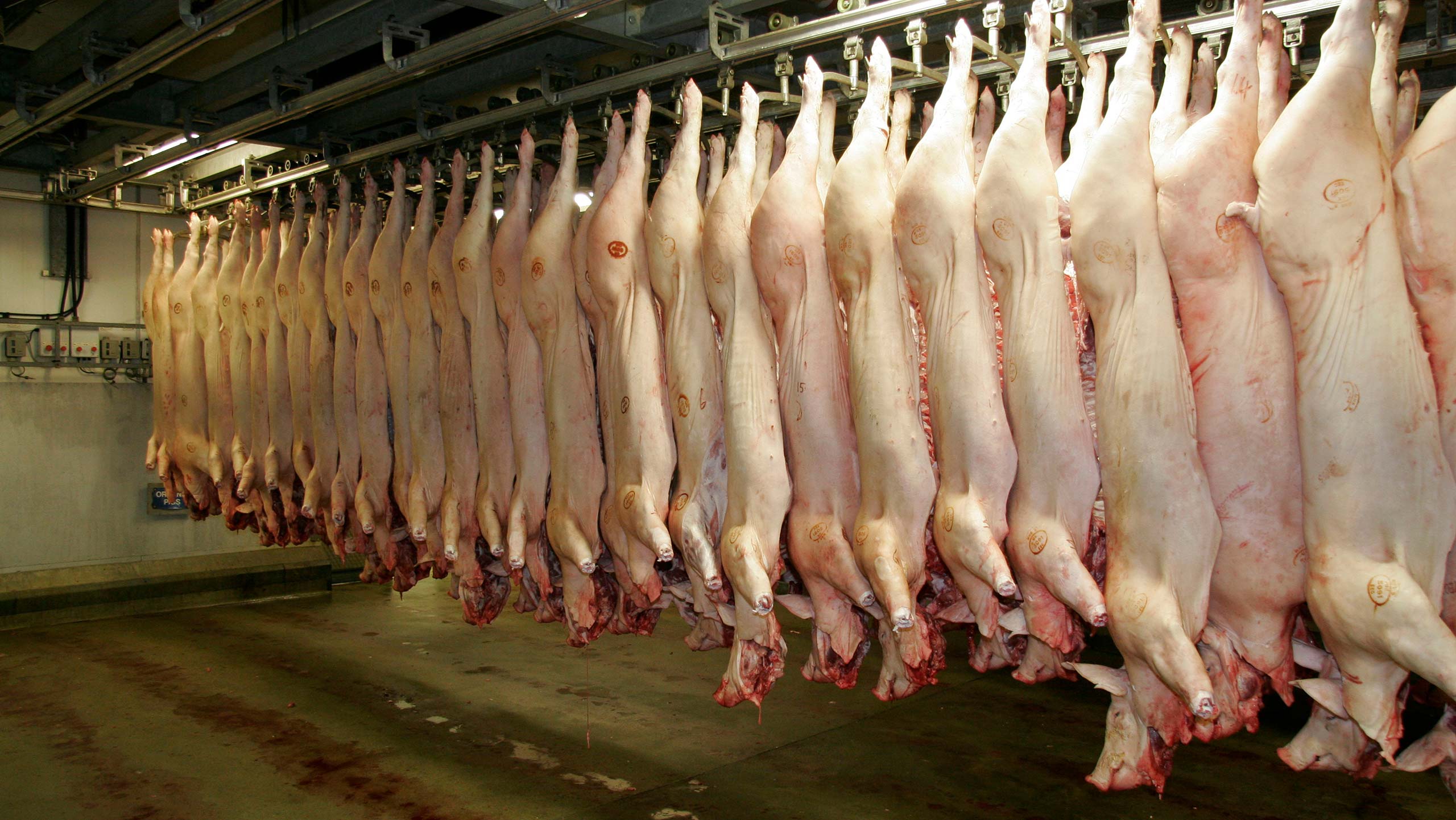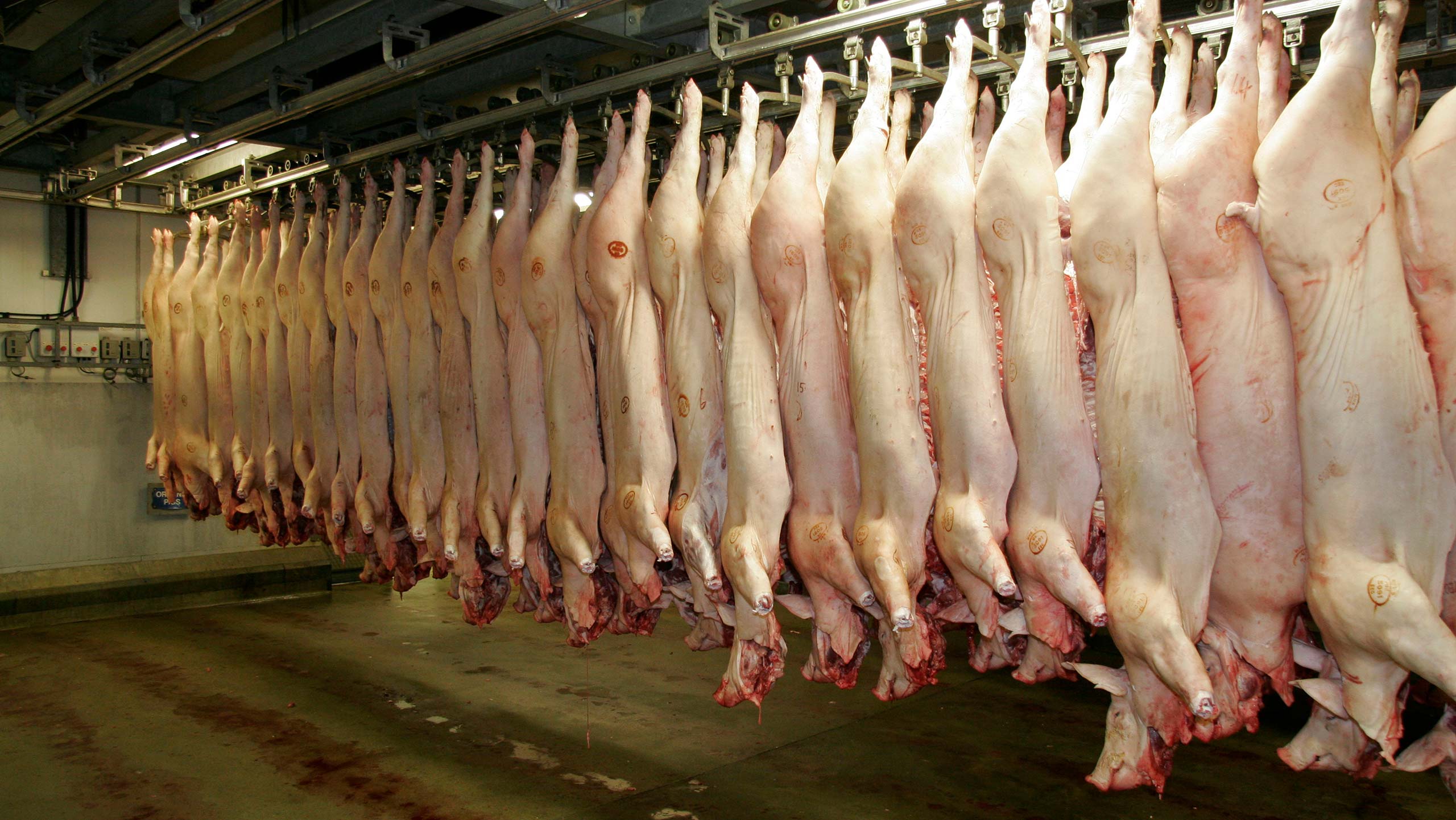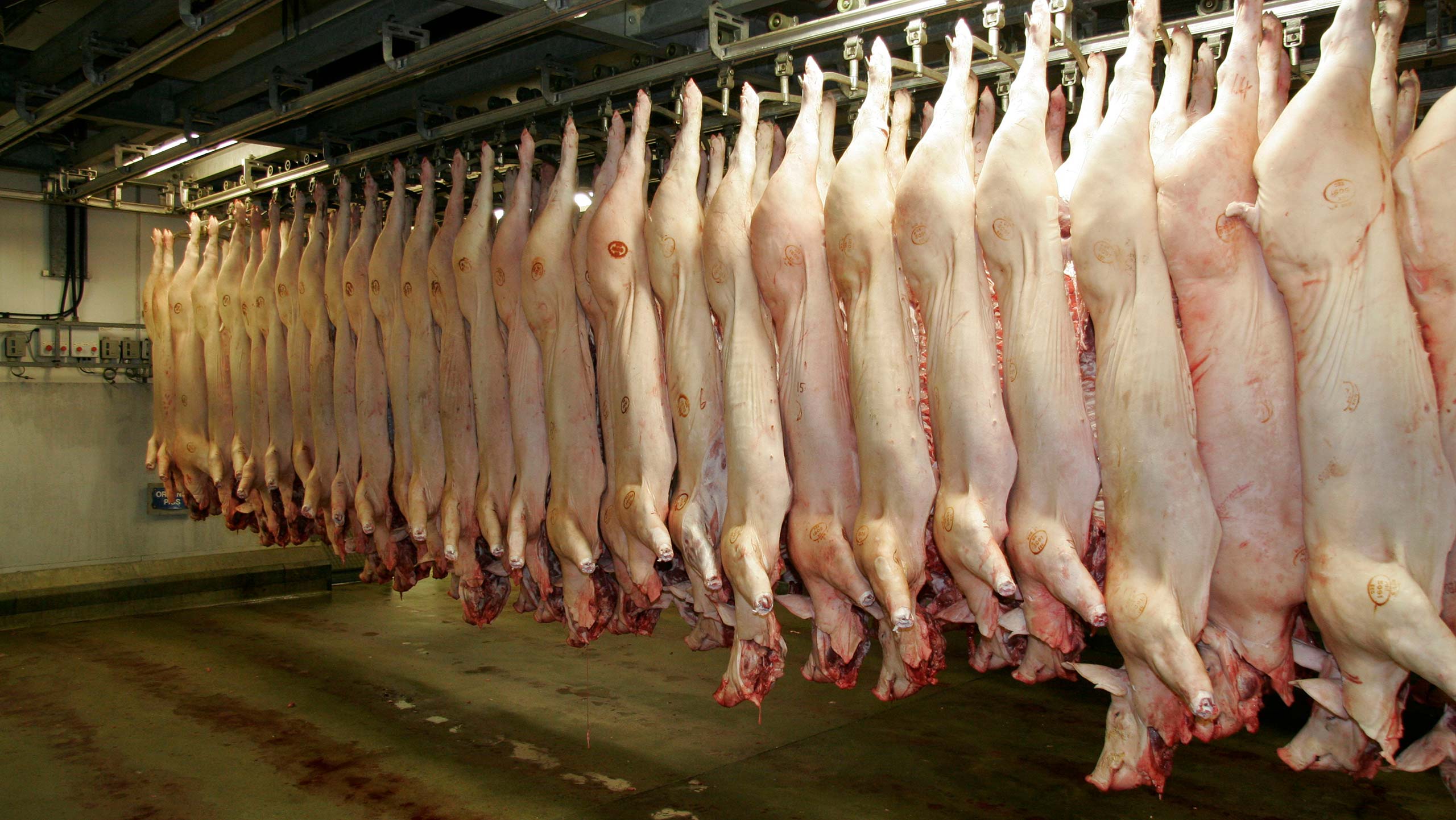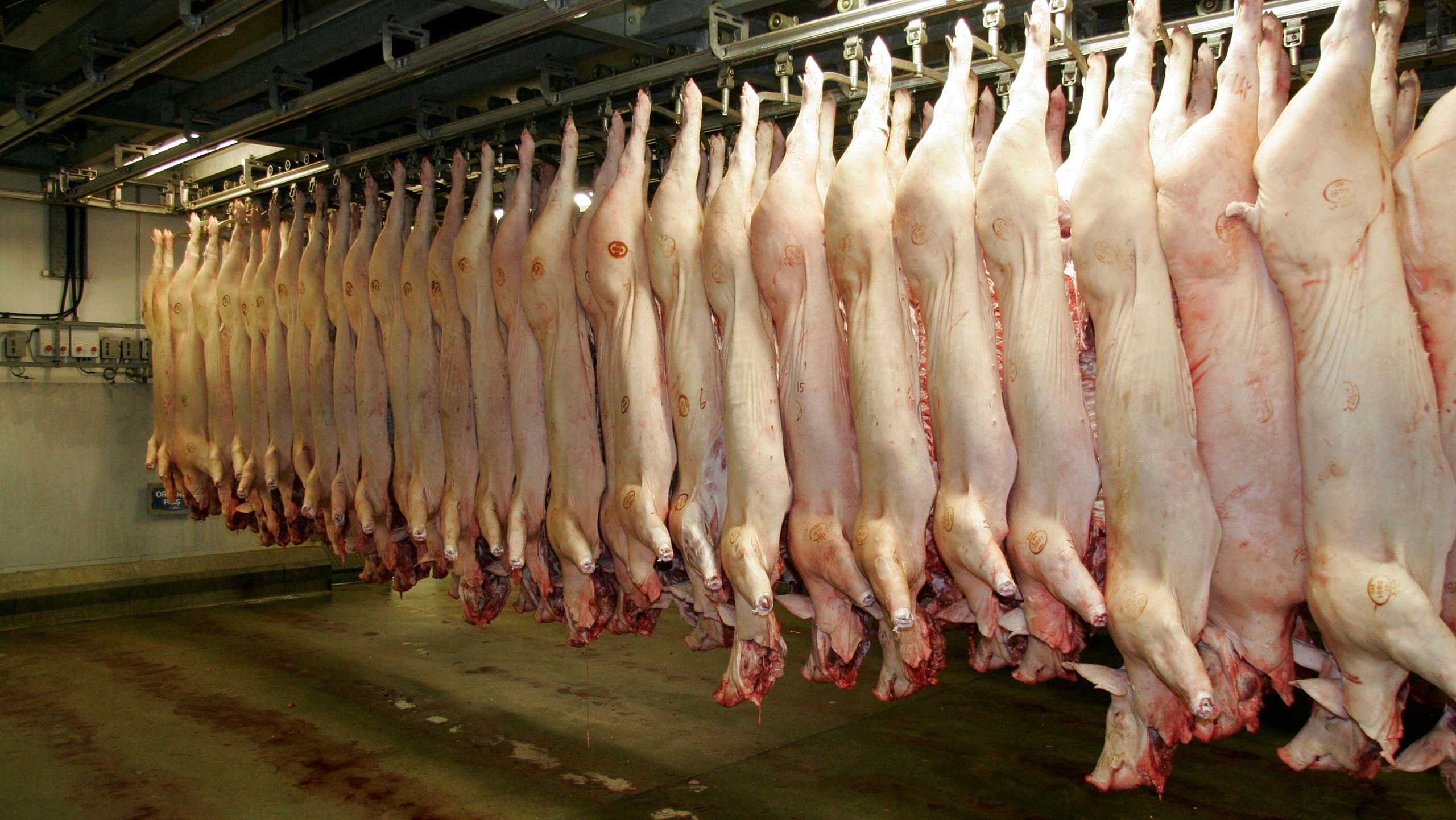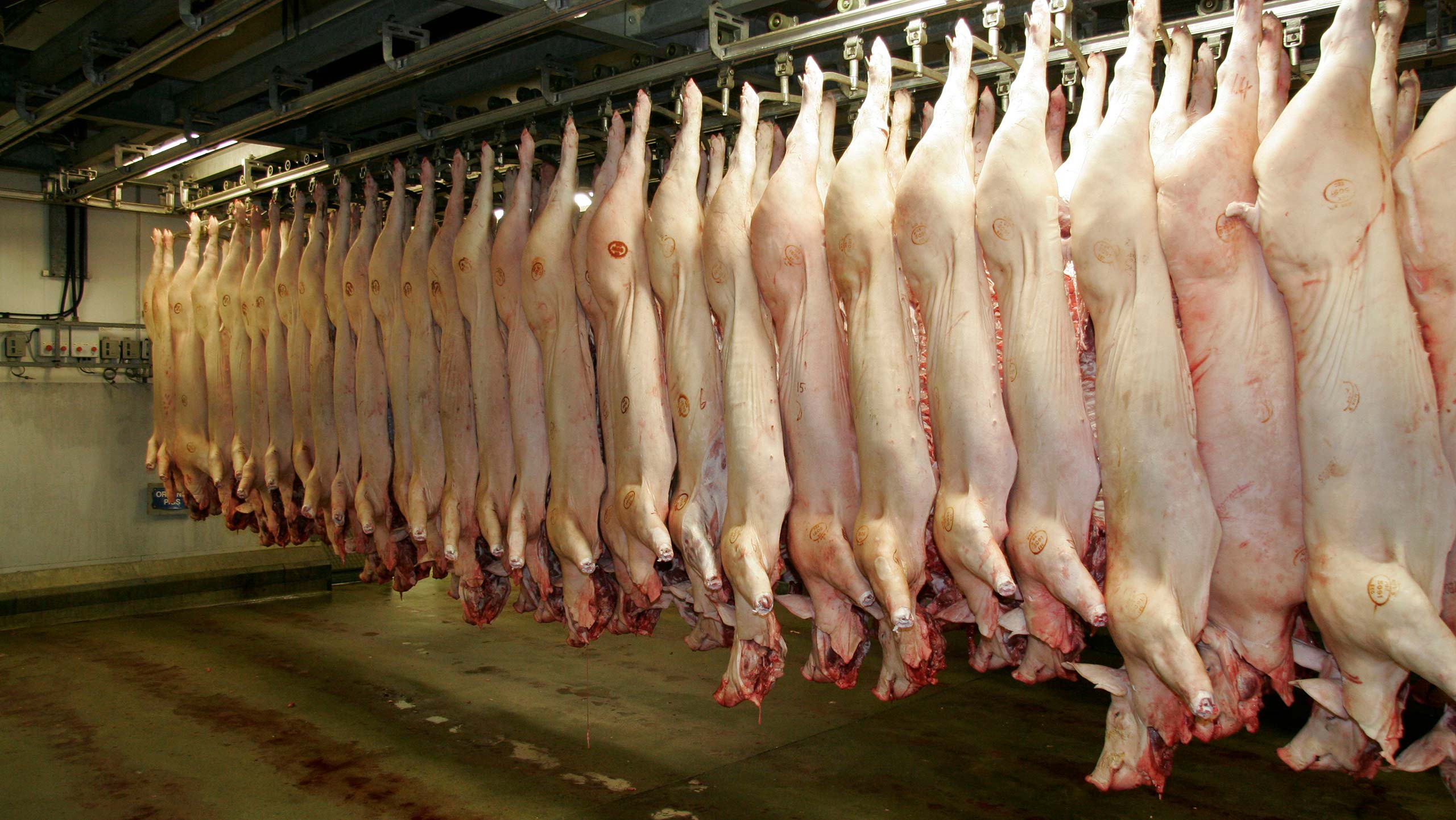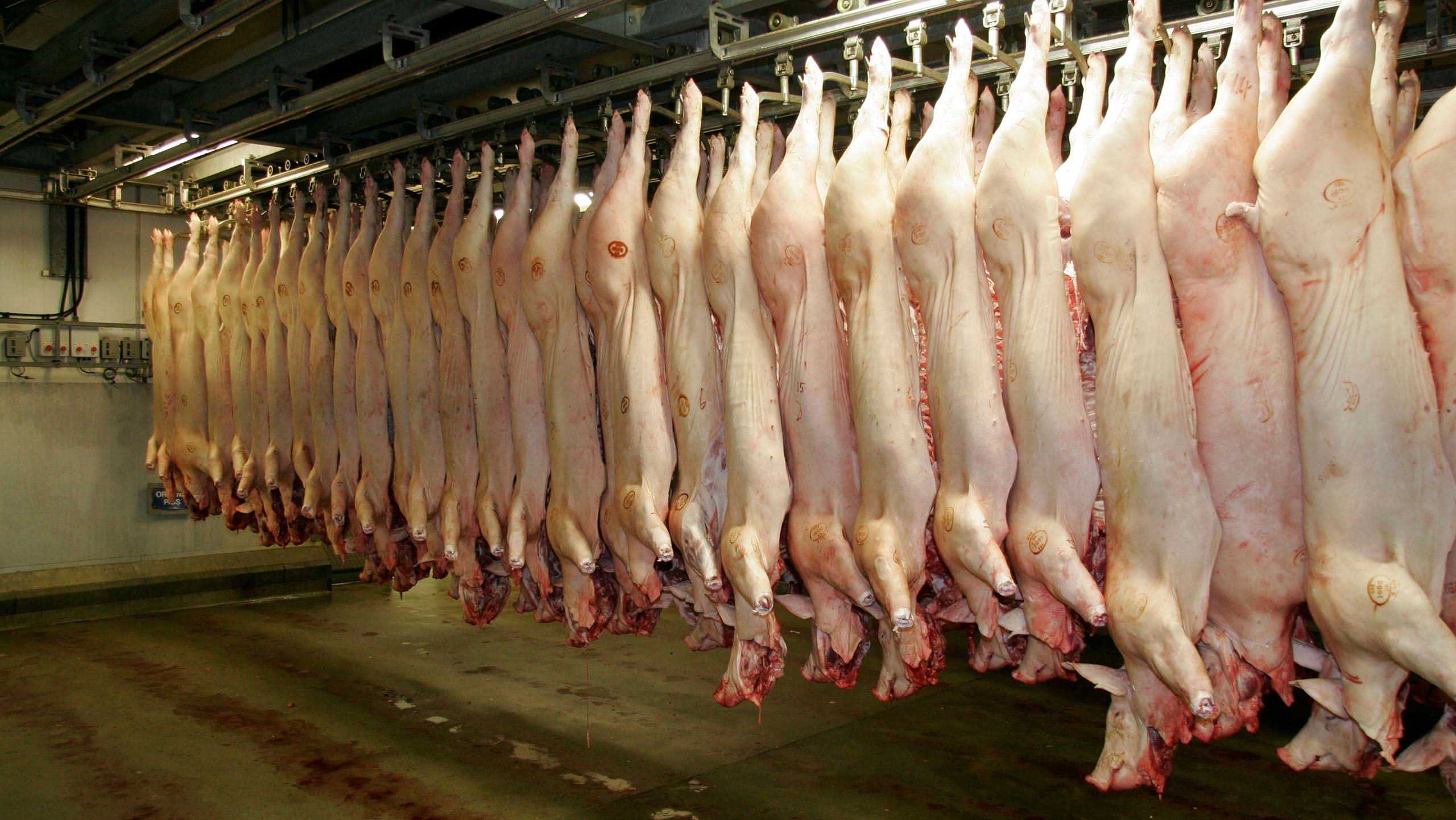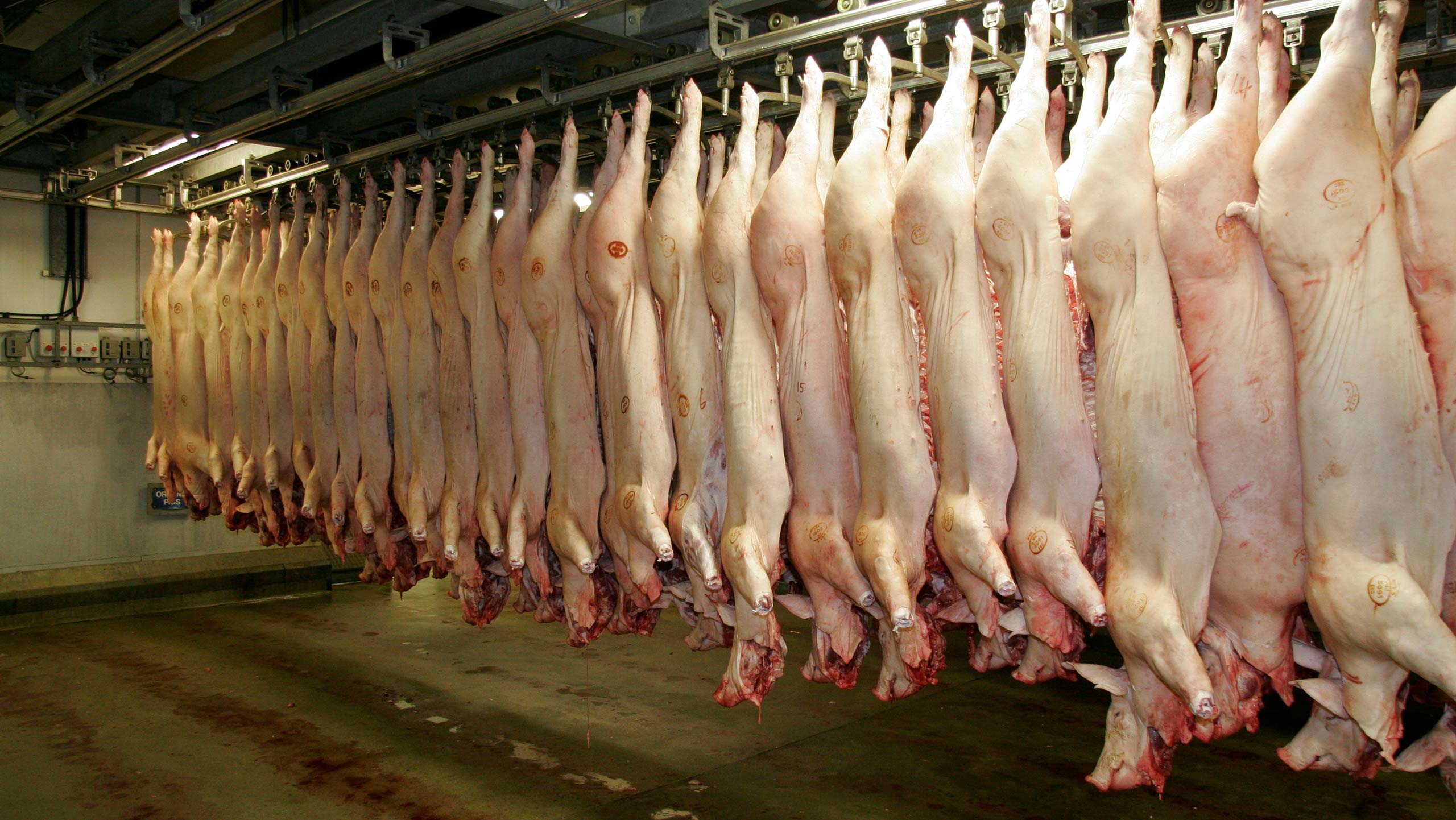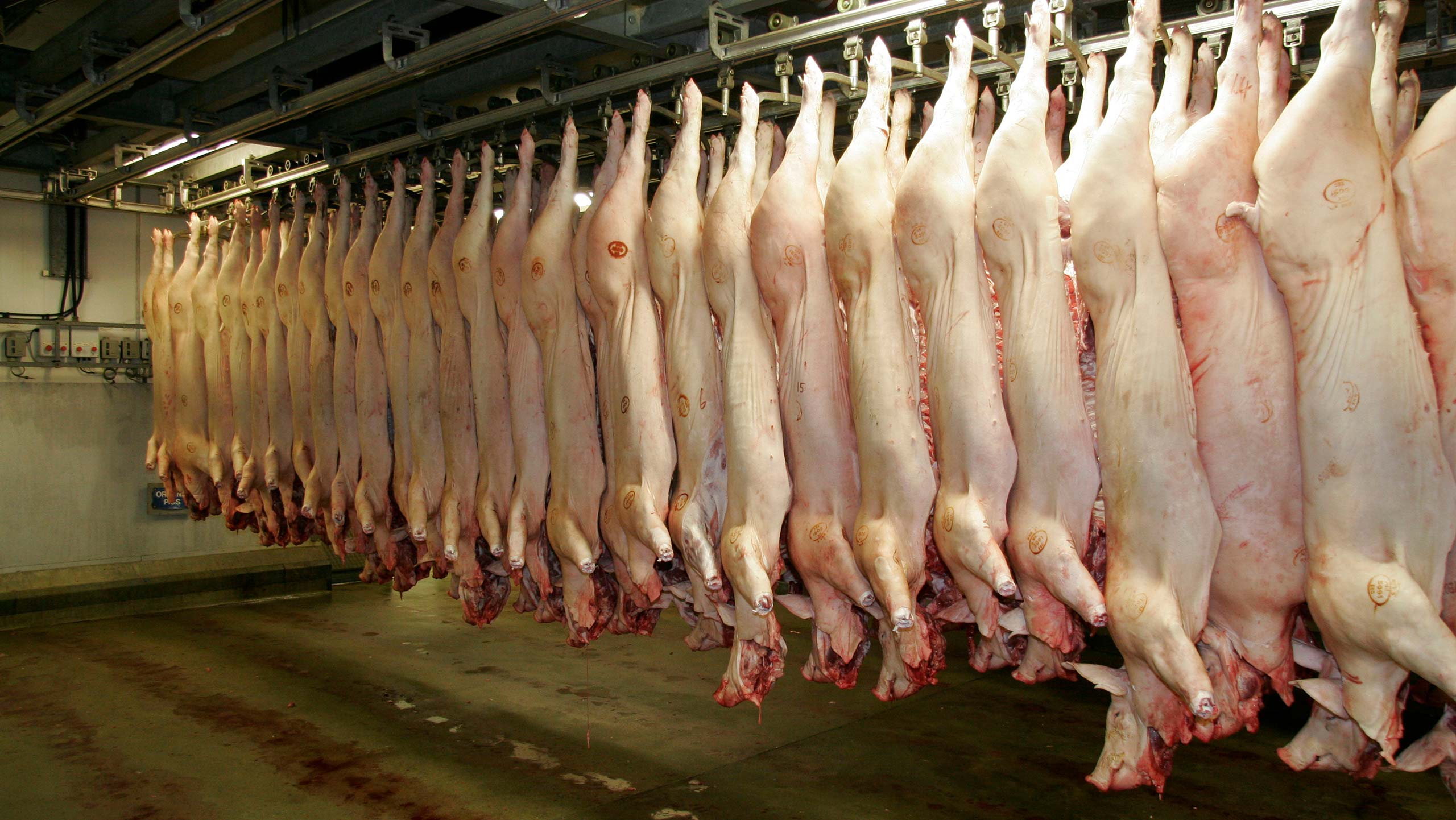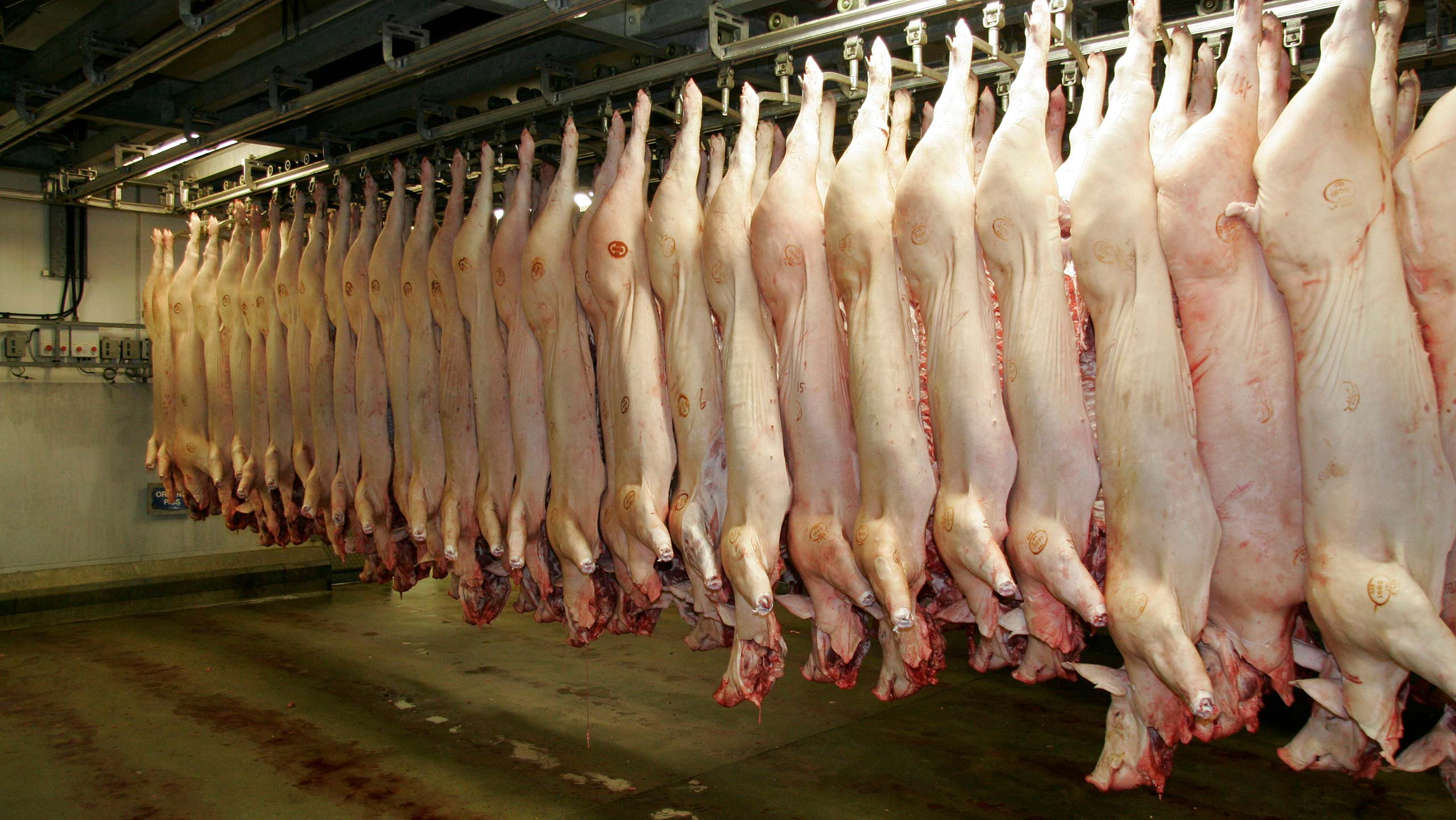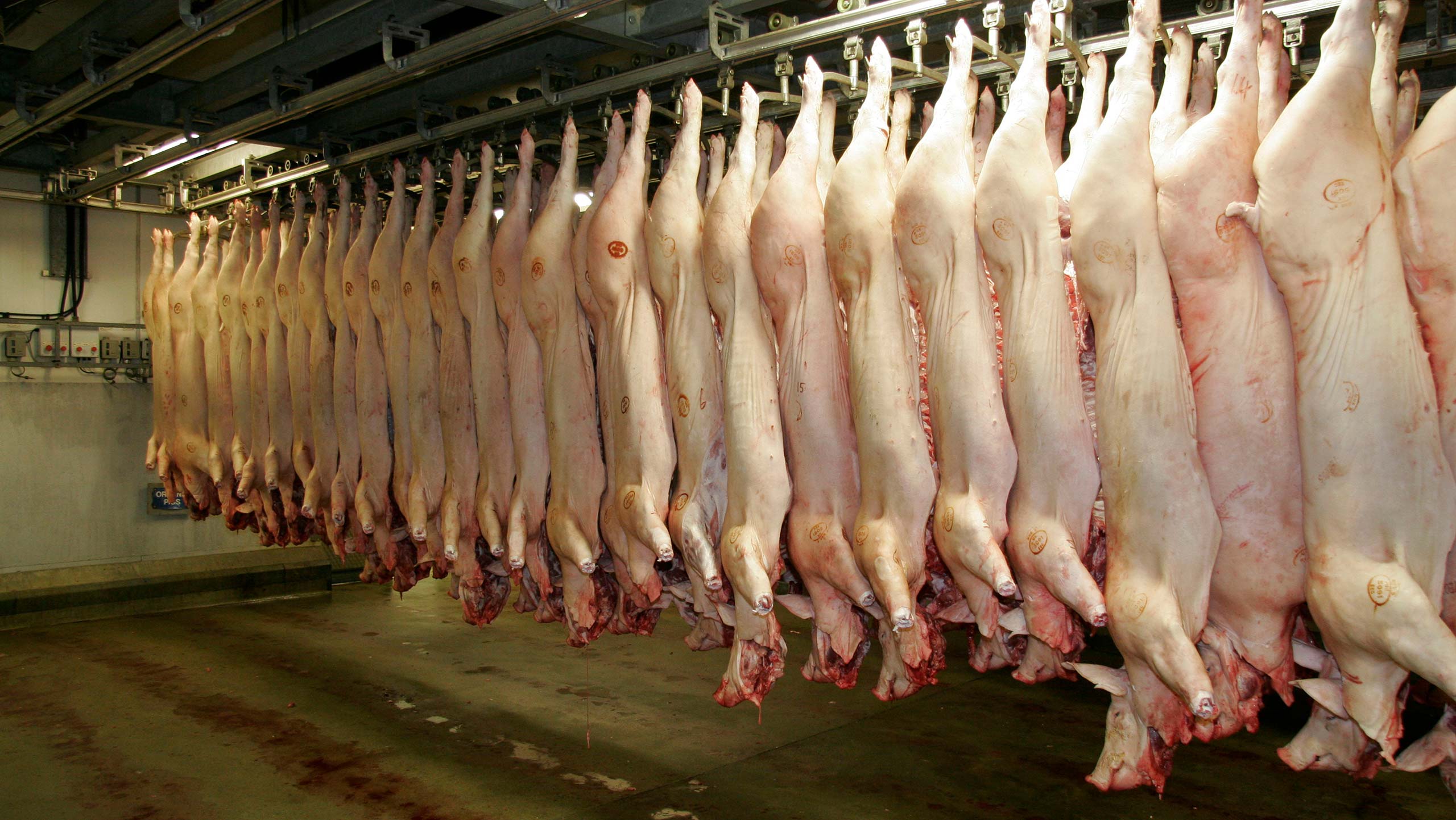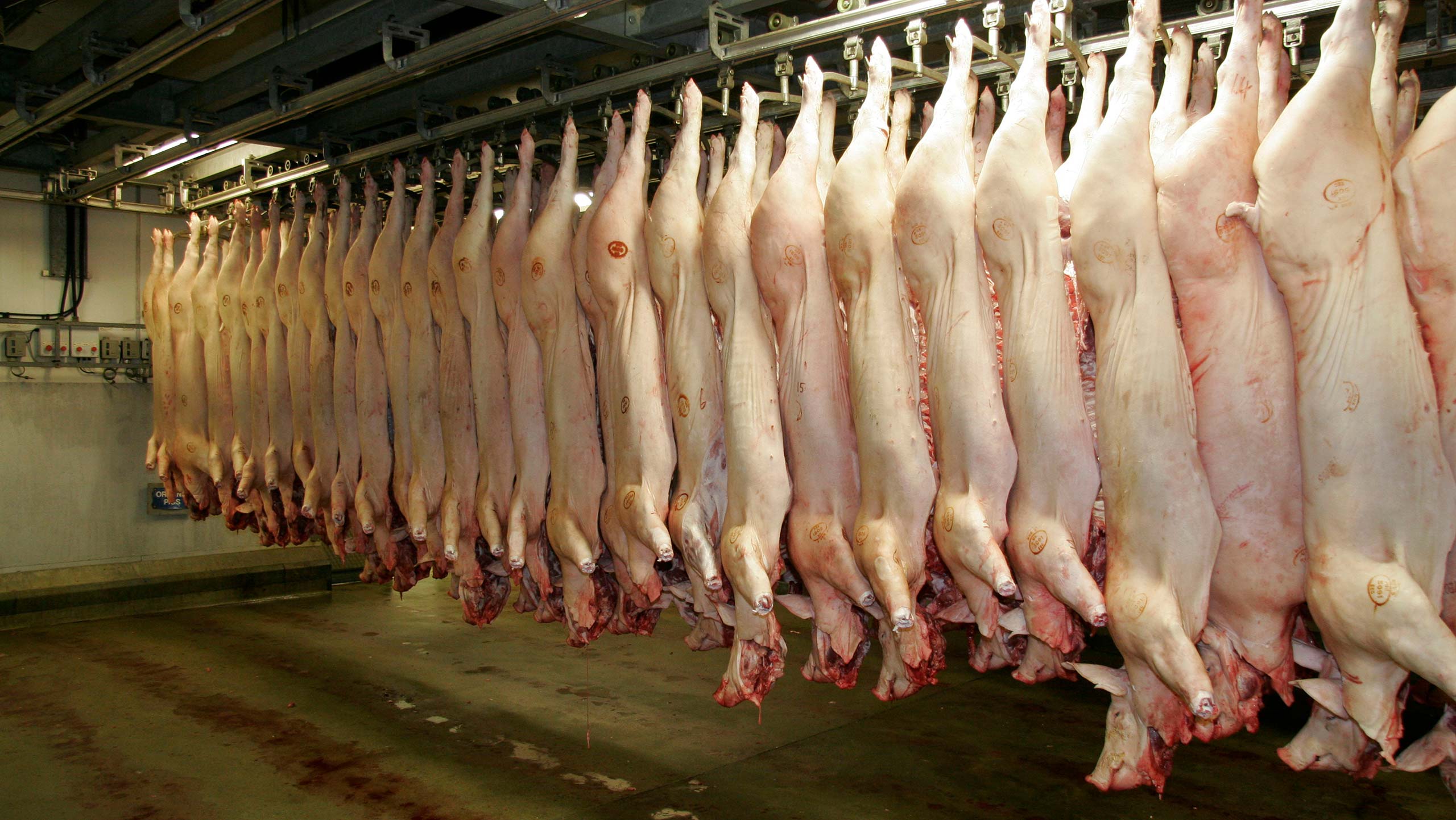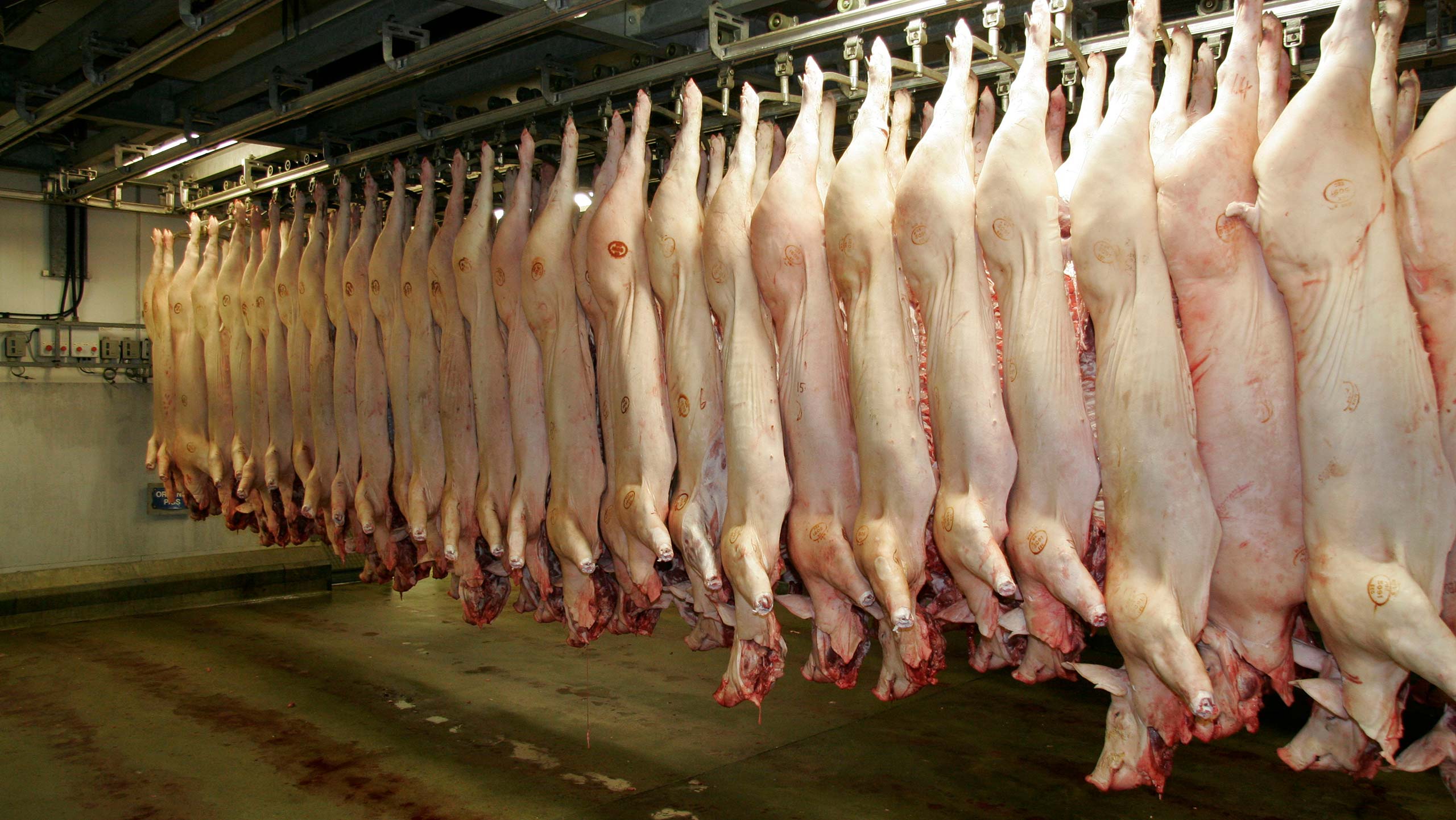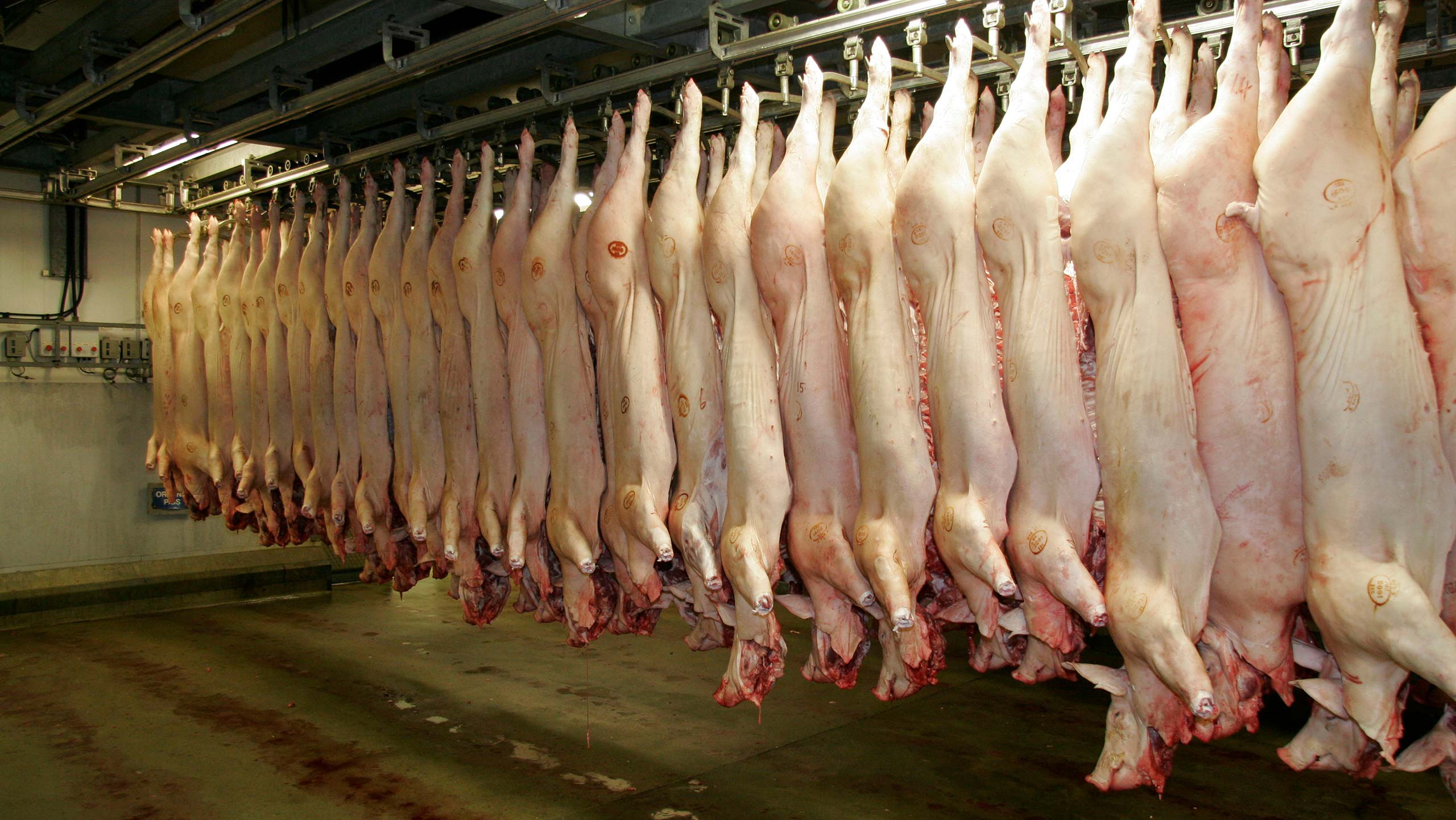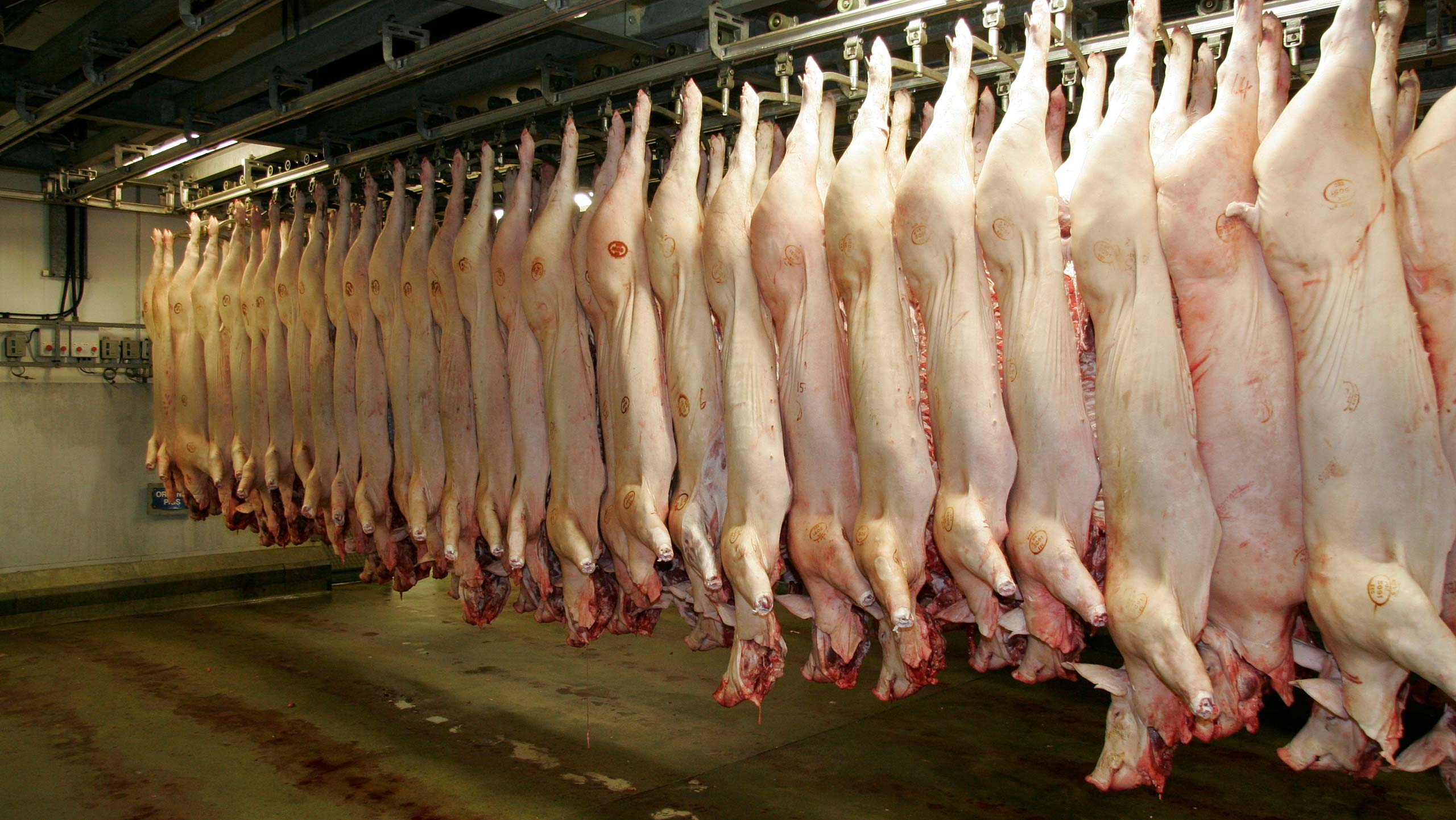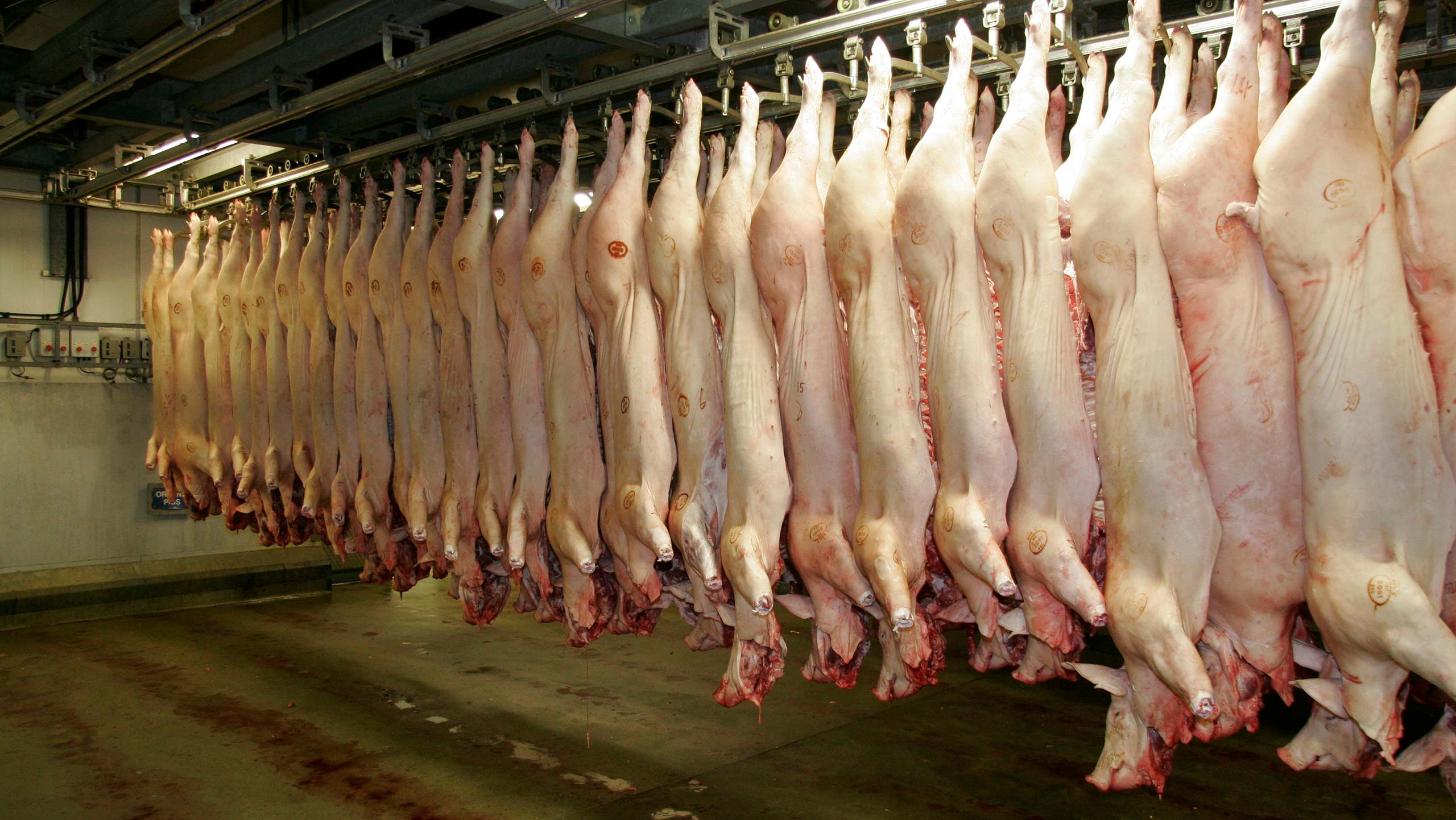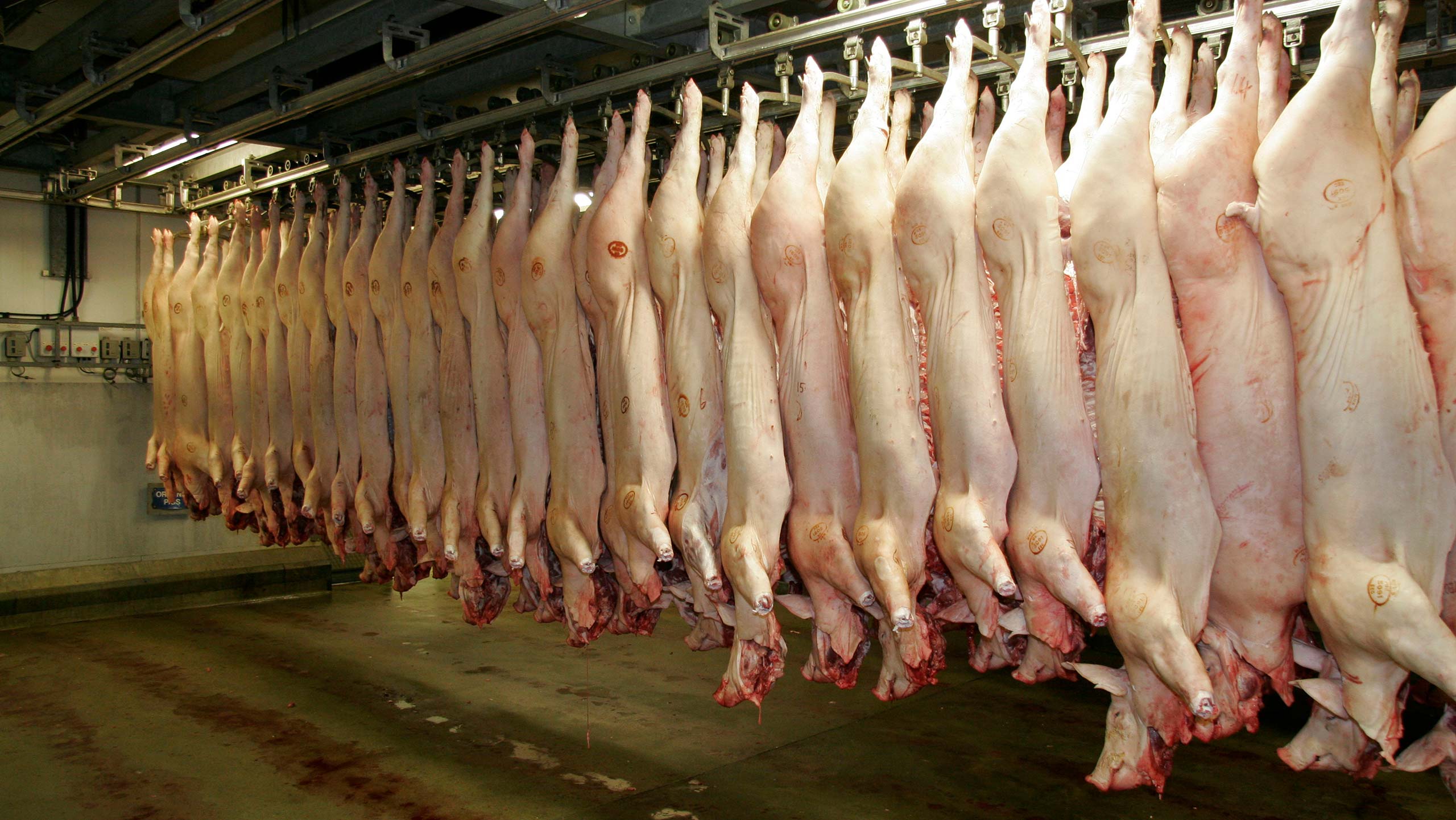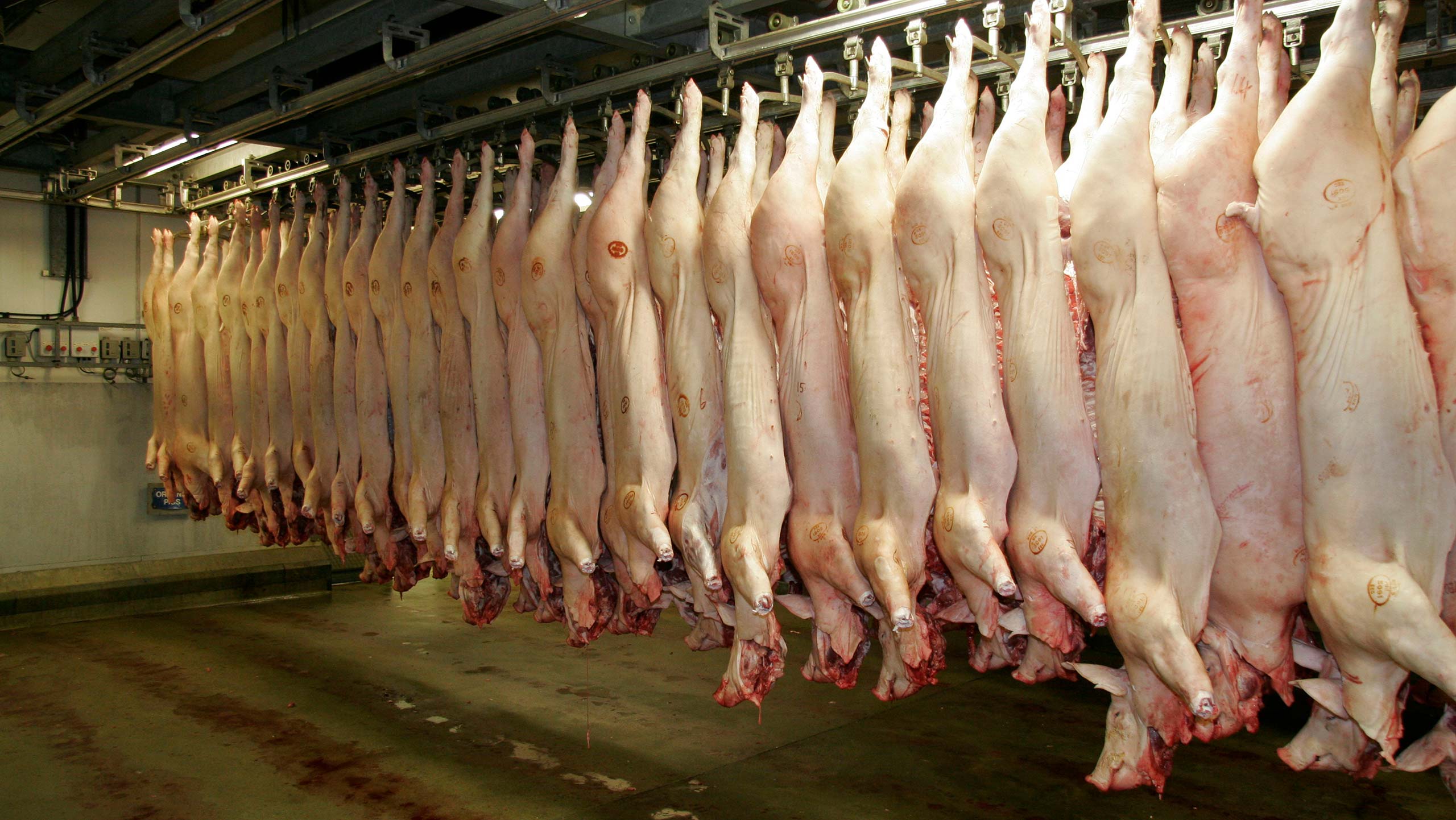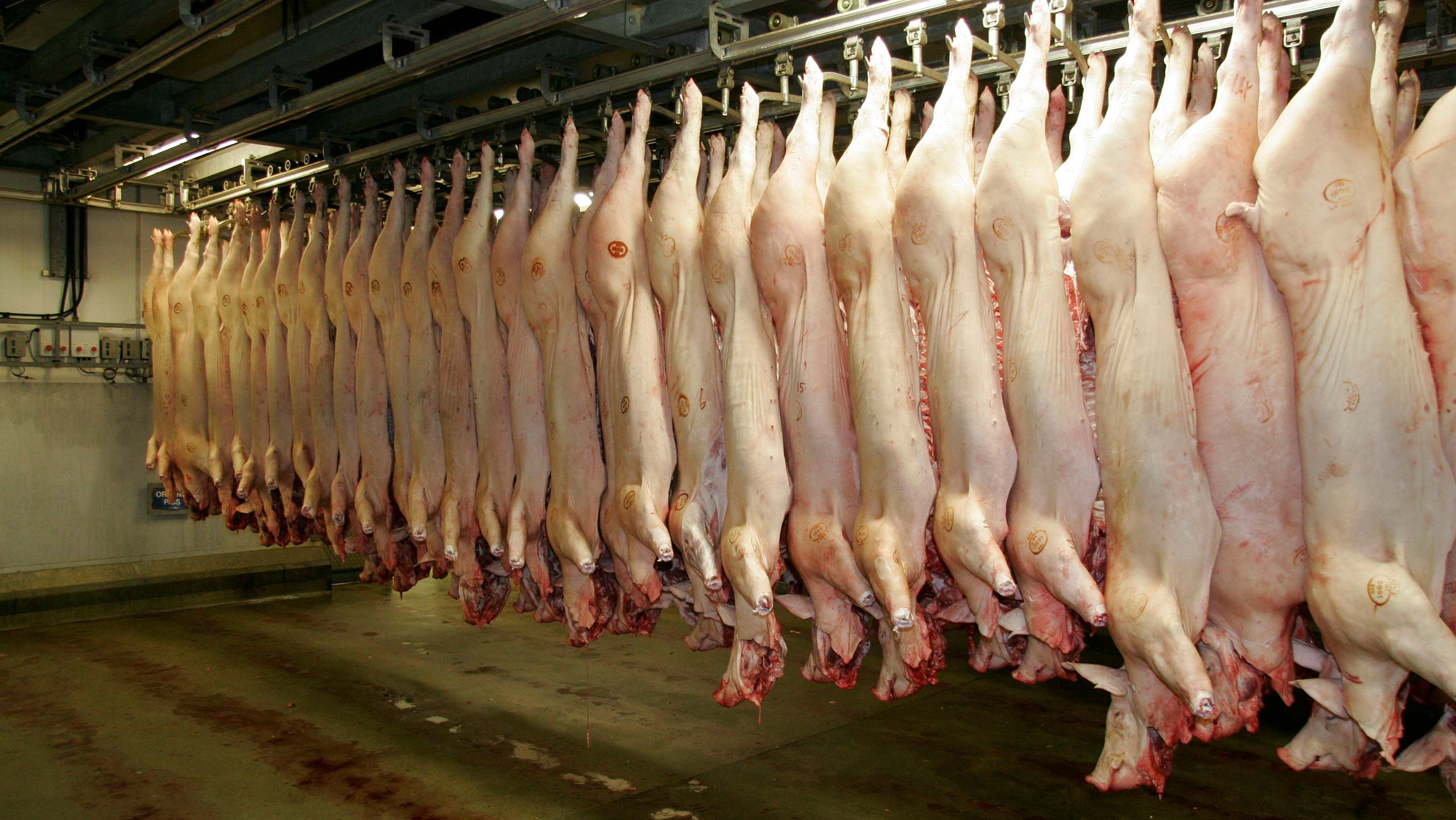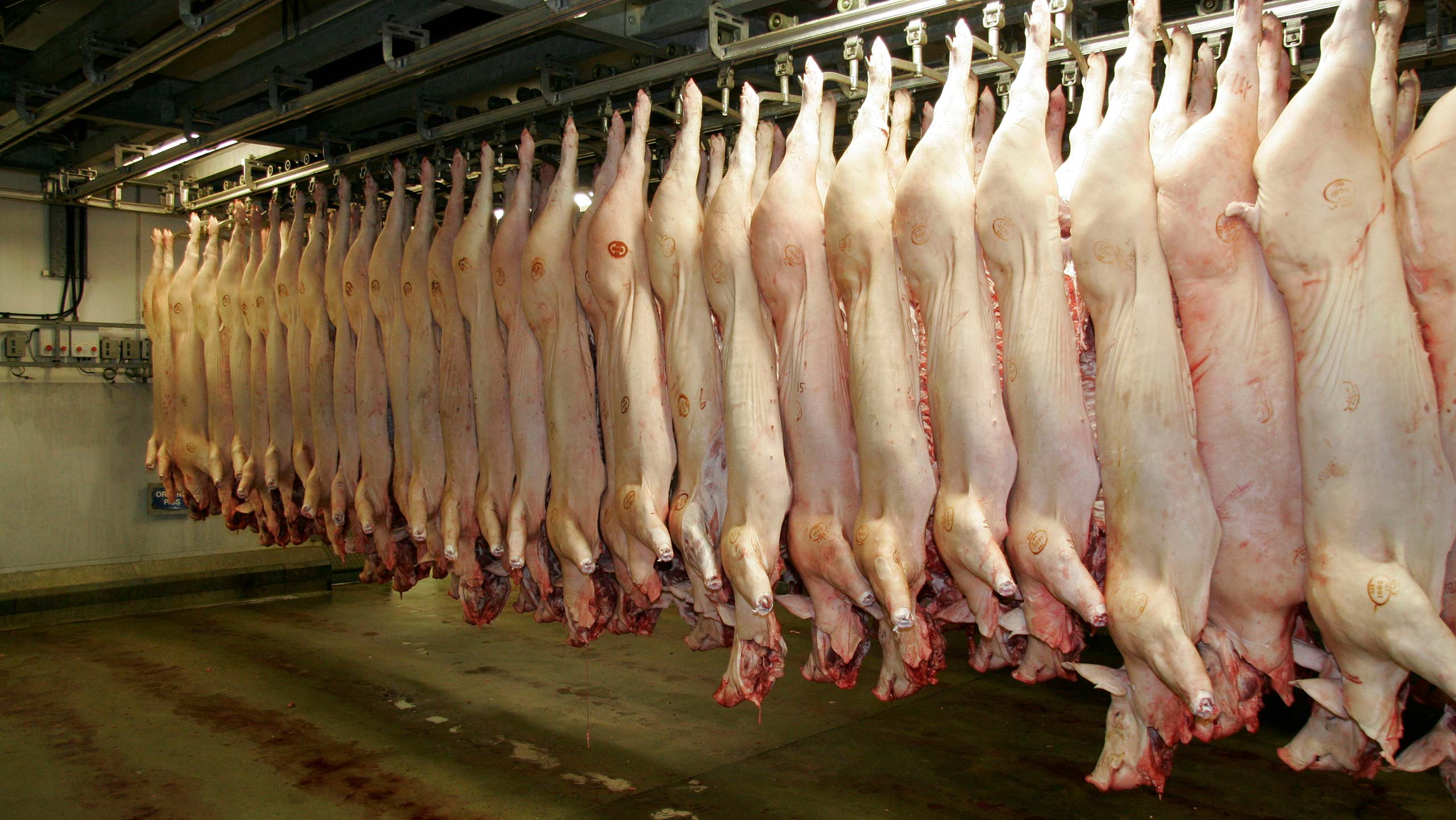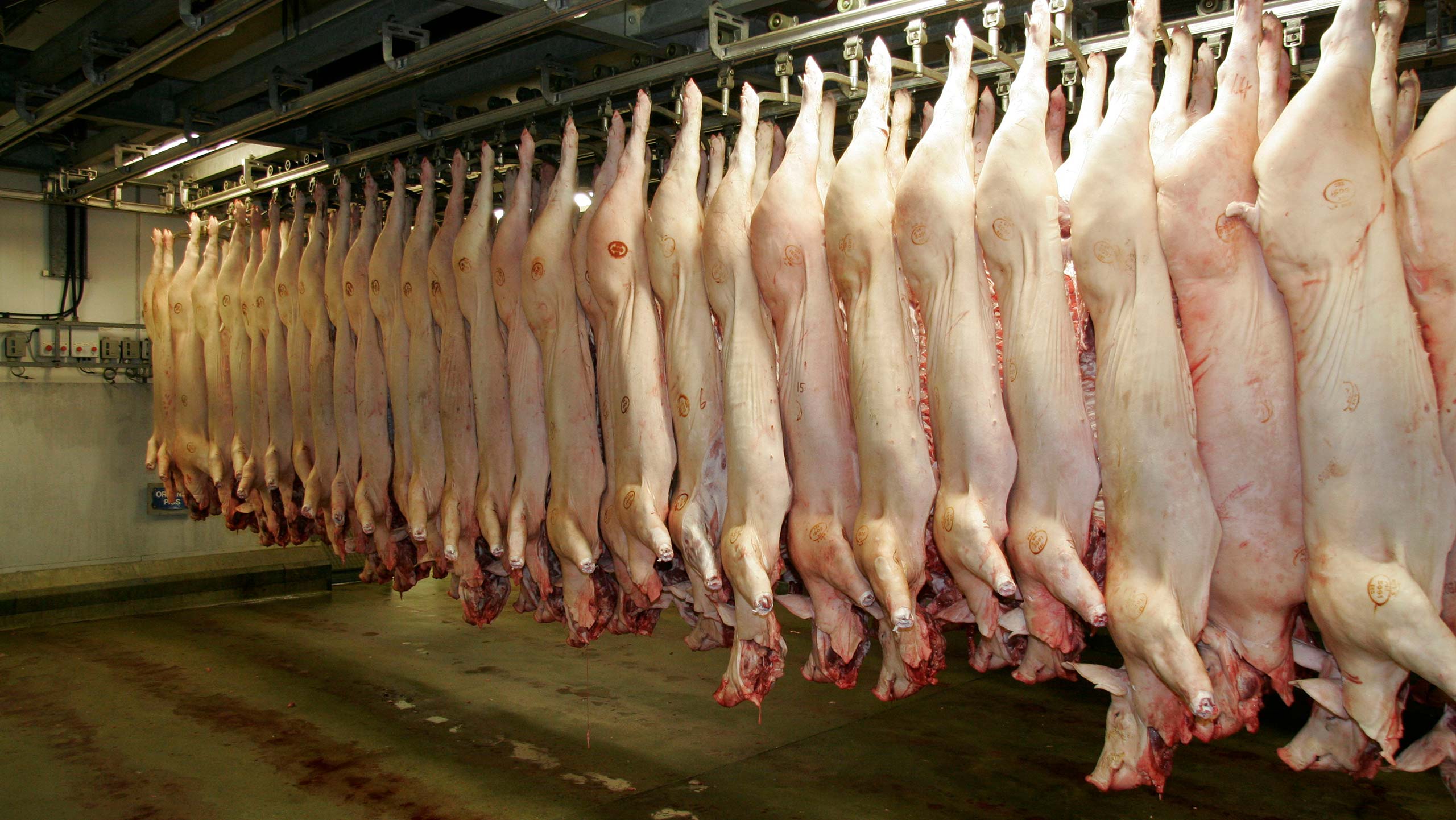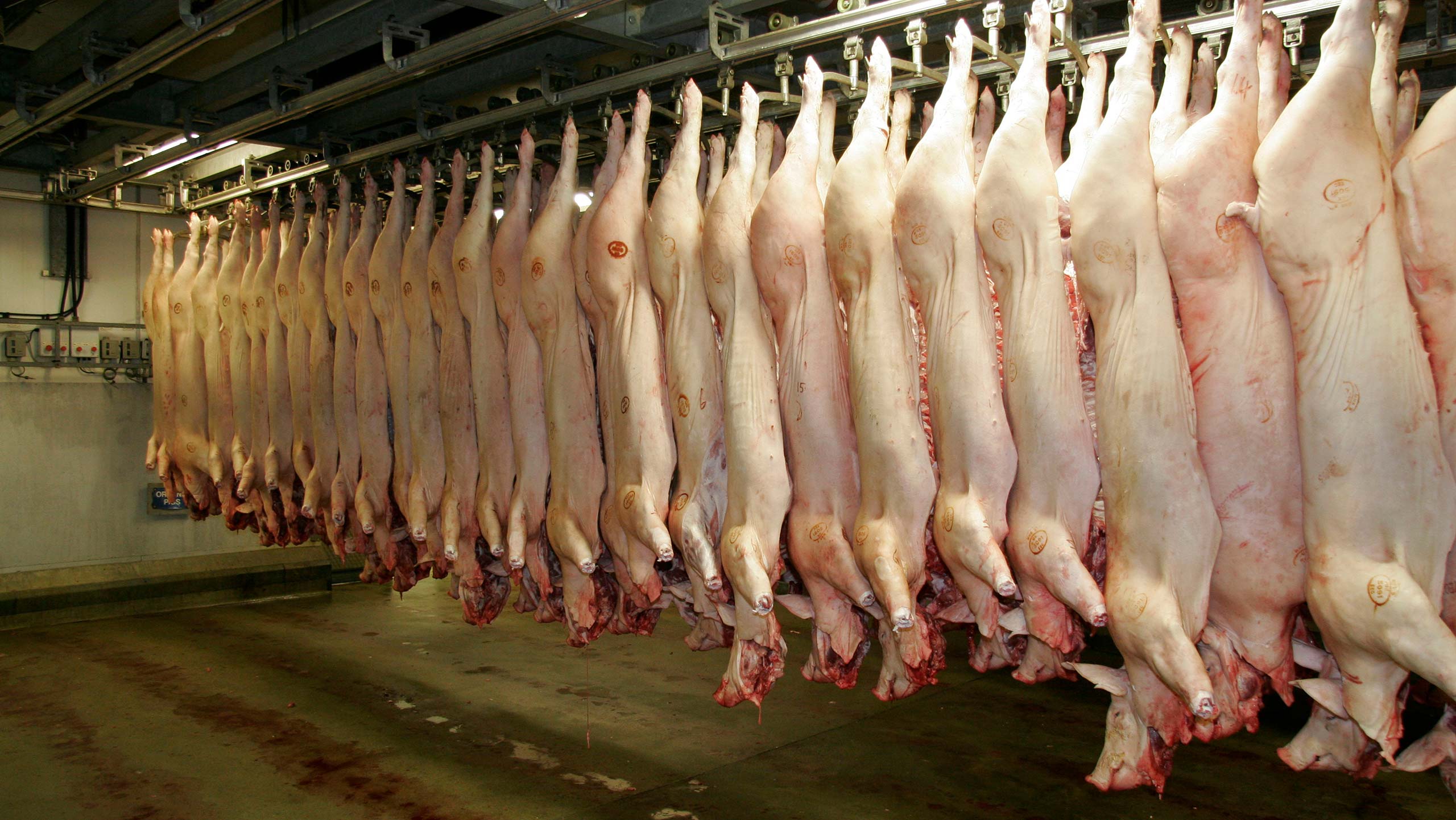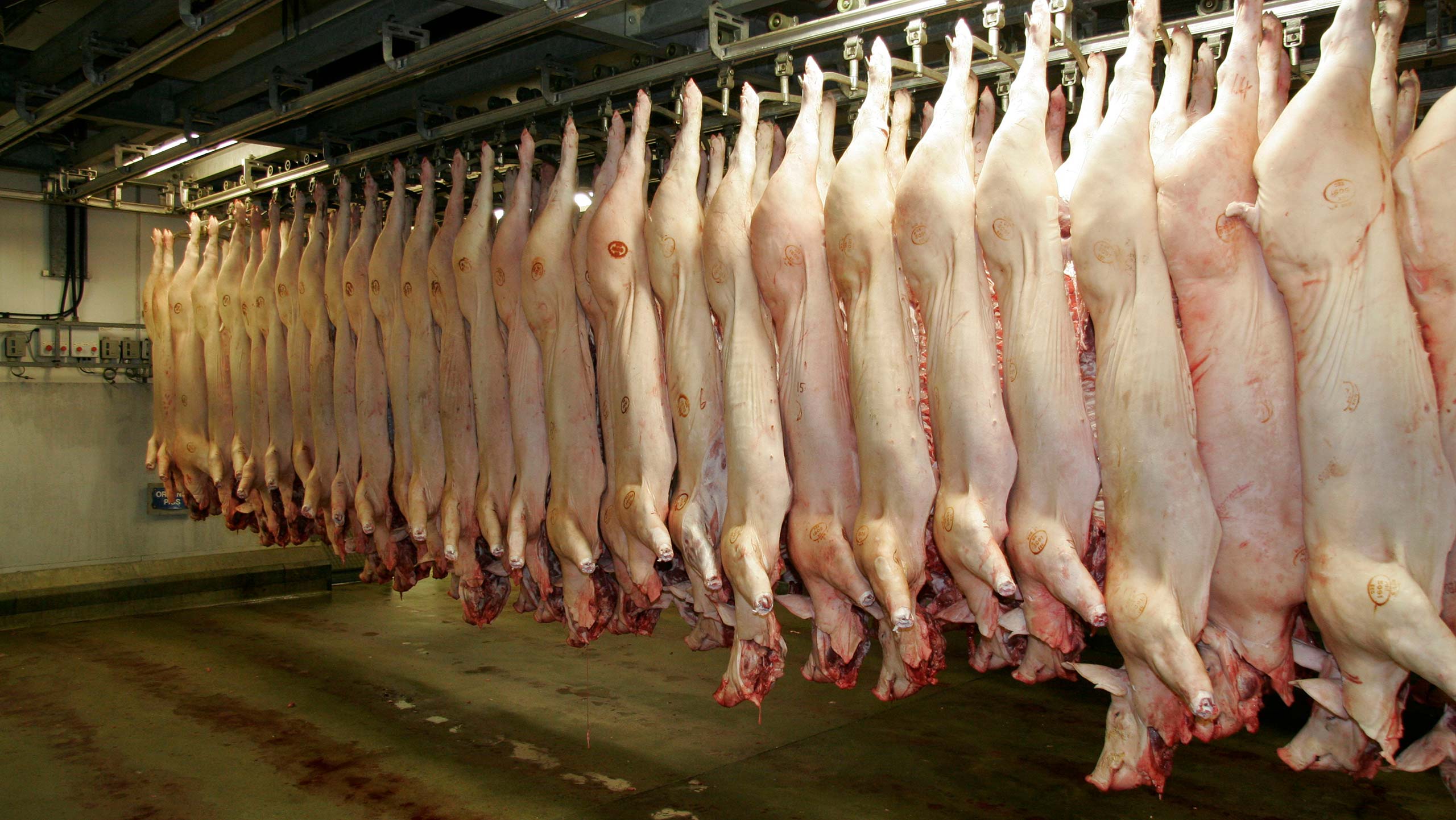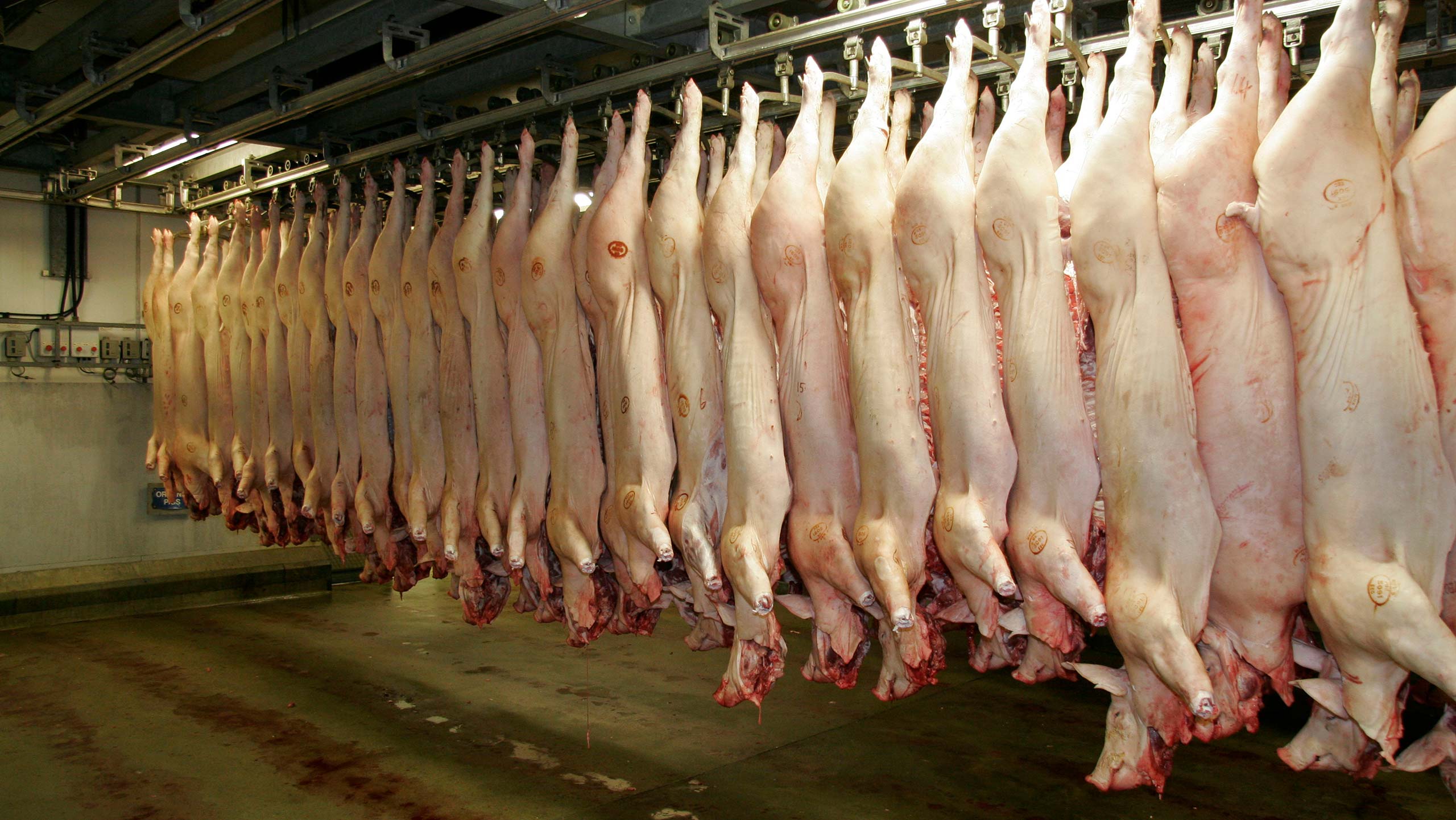When operating an abattoir, maintaining precise temperature control throughout your cold storage facilities isn't just about f…
Abattoir Employers Liability Insurance: Protecting Workers in High-Risk Meat Processing Environments
The meat processing industry represents one of the most hazardous working environments in the UK, with abattoirs facing unique challenges when it comes to employee safety and workplace liability. From sharp cutting equipment and heavy machinery to slippery surfaces and biological hazards, abattoir workers face numerous risks daily that can result in serious injuries or occupational illnesses.
For abattoir operators, protecting your workforce isn't just a moral obligation – it's a legal requirement. Employers Liability Insurance is mandatory for most UK businesses employing staff, but for abattoirs, having comprehensive coverage specifically tailored to the meat processing industry is absolutely critical.
Understanding Employers Liability Insurance for Abattoirs
Employers Liability Insurance provides financial protection when employees suffer work-related injuries or illnesses and decide to claim compensation from their employer. In abattoirs, where the risk of workplace accidents is significantly higher than in many other industries, this coverage becomes even more essential.
The insurance covers legal costs, compensation payments, and associated expenses when employees or former employees bring claims against the business for injuries or illnesses they believe were caused by their work or working conditions.
Unique Risks in Abattoir Environments
Abattoirs present a complex array of workplace hazards that make comprehensive employers liability coverage essential:
Machinery and Equipment Hazards
The meat processing industry relies heavily on dangerous machinery including stunning equipment, hoists, conveyor systems, band saws, and cutting machines. Workers face constant risk of cuts, crushing injuries, and entanglement accidents. Even with proper safety protocols, the repetitive use of sharp knives and cutting tools creates ongoing risk of lacerations and repetitive strain injuries.
Slip, Trip and Fall Risks
Abattoir floors are frequently wet and can become slippery due to blood, fat, and cleaning chemicals. Workers moving quickly in these conditions face significant risk of falls, which can result in serious injuries including fractures, head injuries, and back problems.
Biological and Chemical Hazards
Employees may be exposed to zoonotic diseases, bacteria, and pathogens from animal carcasses. Additionally, cleaning chemicals and sanitizers used in meat processing can cause chemical burns, respiratory problems, or allergic reactions.
Temperature-Related Injuries
Many abattoir areas operate at extremely cold temperatures for food safety reasons. Workers face risks of hypothermia, frostbite, and increased likelihood of accidents due to reduced dexterity in cold conditions.
Noise-Induced Hearing Loss
The industrial equipment used in meat processing generates significant noise levels that can lead to gradual hearing loss over time, creating potential long-term compensation claims.
Musculoskeletal Injuries
The physical demands of meat processing work, including heavy lifting, repetitive motions, and prolonged standing, frequently result in back injuries, joint problems, and repetitive strain injuries.
Why Standard Employers Liability May Not Be Sufficient
While basic employers liability insurance is legally required, standard policies may not adequately address the specific high-risk nature of abattoir operations. Generic policies might have exclusions or limitations that leave gaps in coverage for meat processing-specific incidents.
Specialized abattoir employers liability insurance typically provides:
- Higher coverage limits appropriate for the increased risk levels
- Coverage for industry-specific incidents and injuries
- Protection against claims related to occupational diseases common in meat processing
- Coverage for psychological trauma claims from workers exposed to distressing situations
- Protection against claims from temporary or seasonal workers common in the industry
Legal Requirements and Compliance
Under the Employers' Liability (Compulsory Insurance) Act 1969, most UK employers must have at least £5 million of employers liability insurance. However, for high-risk industries like meat processing, many insurers and risk management experts recommend significantly higher coverage limits.
Abattoirs must also comply with extensive health and safety regulations including:
- The Health and Safety at Work Act 1974
- The Management of Health and Safety at Work Regulations 1999
- The Personal Protective Equipment at Work Regulations 1992
- Food industry-specific safety regulations
- Animal welfare and processing standards
Failure to maintain adequate employers liability insurance or comply with safety regulations can result in significant fines, prosecution, and potential business closure.
Common Claims in Abattoir Operations
Understanding the types of claims commonly faced by abattoirs helps illustrate why specialized coverage is essential:
Cutting and Laceration Injuries
These represent the most frequent type of workplace injury in meat processing facilities. Claims can range from minor cuts requiring stitches to severe injuries resulting in permanent disability or amputation.
Repetitive Strain Injuries
The repetitive nature of meat processing work frequently leads to conditions like carpal tunnel syndrome, tendonitis, and other musculoskeletal disorders that develop over time.
Slip and Fall Accidents
Wet, slippery surfaces combined with fast-paced work environments create frequent slip and fall incidents that can result in serious injuries and substantial compensation claims.
Equipment-Related Injuries
Accidents involving stunning equipment, conveyor systems, and processing machinery can result in crushing injuries, fractures, and other serious trauma.
Occupational Disease Claims
Long-term exposure to biological hazards, chemicals, or repetitive motions can lead to occupational diseases that may not manifest until years after exposure, creating delayed compensation claims.
Factors Affecting Employers Liability Premiums
Several factors influence the cost of employers liability insurance for abattoirs:
Safety Record and Claims History
Abattoirs with strong safety records and few previous claims typically receive more favorable premium rates. Conversely, facilities with frequent accidents or serious incidents face higher premiums.
Size and Scope of Operations
Larger facilities processing more animals with more employees generally face higher premiums due to increased exposure. The types of animals processed and complexity of operations also affect pricing.
Safety Measures and Training Programs
Insurers often provide premium discounts for abattoirs that demonstrate strong commitment to safety through comprehensive training programs, regular safety audits, and investment in safety equipment.
Employee Numbers and Turnover
Higher employee numbers increase exposure, while high turnover rates may indicate poor working conditions or inadequate training, both of which can increase premiums.
Regulatory Compliance Record
Abattoirs with clean regulatory records and no recent health and safety violations typically receive better insurance terms than those with compliance issues.
Risk Management Strategies
Effective risk management not only improves workplace safety but can also help reduce employers liability insurance premiums:
Comprehensive Safety Training
Regular, thorough safety training for all employees, including proper equipment use, hazard recognition, and emergency procedures, is essential. Training should be documented and regularly updated.
Personal Protective Equipment
Ensuring all workers have access to and properly use appropriate PPE including cut-resistant gloves, safety boots, protective clothing, and eye protection.
Equipment Maintenance
Regular maintenance and inspection of all machinery and equipment to prevent accidents caused by equipment failure or malfunction.
Workplace Design and Housekeeping
Maintaining clean, well-lit work areas with proper drainage to minimize slip and fall risks. Installing non-slip surfaces and ensuring adequate spacing between work stations.
Health Monitoring
Regular health screenings for employees to identify potential occupational health issues early and demonstrate proactive care for worker wellbeing.
Incident Reporting and Investigation
Implementing comprehensive incident reporting systems and conducting thorough investigations of all accidents to identify root causes and prevent recurrence.
Choosing the Right Coverage
When selecting employers liability insurance for an abattoir operation, consider:
Coverage Limits
Given the high-risk nature of meat processing, coverage limits should be substantially higher than the legal minimum. Many abattoirs opt for £10 million or more in coverage.
Industry Expertise
Choose insurers with specific experience in meat processing and food industry risks who understand the unique challenges faced by abattoirs.
Claims Handling
Look for insurers with strong reputations for fair, efficient claims handling and support services that can help minimize business disruption.
Additional Services
Many specialized insurers offer risk management services, safety training resources, and regulatory compliance support as part of their coverage packages.
Legal Defense Coverage
Ensure the policy includes comprehensive legal defense coverage for employment-related claims and regulatory investigations.
The Claims Process
Understanding the employers liability claims process helps abattoir operators prepare for potential incidents:
Immediate Response
When a workplace injury occurs, immediate medical attention for the injured employee is the top priority. Document the incident thoroughly and notify your insurer as soon as possible.
Investigation
Your insurer will typically conduct an investigation into the circumstances of the injury, including reviewing safety procedures, training records, and equipment maintenance logs.
Legal Proceedings
If the employee pursues legal action, your insurer will provide legal representation and handle negotiations or court proceedings on your behalf.
Settlement or Court Decision
The insurer will pay any awarded compensation up to your policy limits, along with legal costs and other covered expenses.
Cost Considerations
While employers liability insurance represents a significant expense for abattoir operations, the cost of being uninsured or underinsured can be catastrophic:
Compensation Awards
Serious workplace injuries in high-risk environments like abattoirs can result in compensation awards of hundreds of thousands or even millions of pounds, particularly for permanent disabilities or fatalities.
Legal Costs
Even defending against unsuccessful claims can result in substantial legal expenses that could threaten the financial viability of smaller operations.
Business Disruption
Serious workplace accidents can lead to regulatory investigations, temporary shutdowns, and significant business disruption that extends far beyond the immediate incident.
Regulatory Considerations
Abattoirs operate under strict regulatory oversight from multiple agencies including the Food Standards Agency, Health and Safety Executive, and local authorities. Maintaining adequate employers liability insurance is not just about legal compliance – it's about demonstrating commitment to worker safety and responsible business operation.
Regular safety inspections, compliance audits, and maintaining detailed records of safety training and incident reporting are essential for both regulatory compliance and insurance purposes.
Future Trends and Considerations
The meat processing industry continues to evolve, with new technologies, changing regulations, and increased focus on worker safety creating both opportunities and challenges for employers liability coverage:
Automation and Technology
While automation can reduce some traditional risks, it may create new hazards requiring updated safety protocols and insurance coverage.
Regulatory Changes
Ongoing changes to health and safety regulations and food processing standards require continuous attention to compliance and may affect insurance requirements.
Worker Rights Awareness
Increased awareness of worker rights and occupational health issues may lead to more frequent or larger compensation claims.
Conclusion
For abattoir operators, comprehensive employers liability insurance isn't just a legal requirement – it's an essential business protection that safeguards both your employees and your operation's financial future. The high-risk nature of meat processing environments makes specialized coverage absolutely critical.
The key to effective protection lies in working with experienced insurers who understand the unique challenges of abattoir operations, implementing robust risk management strategies, and maintaining coverage levels appropriate to the significant risks involved.
By prioritizing worker safety through comprehensive training, proper equipment, and strong safety protocols, while maintaining adequate insurance coverage, abattoir operators can protect their most valuable asset – their workforce – while ensuring the long-term viability of their business.
Don't leave your business exposed to the potentially devastating financial consequences of workplace injury claims. Contact Insure24 today at 0330 127 2333 to discuss specialized employers liability insurance tailored specifically for abattoir operations. Our experienced team understands the unique risks you face and can help design coverage that protects both your workers and your business.


 0330 127 2333
0330 127 2333
